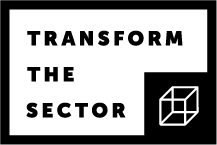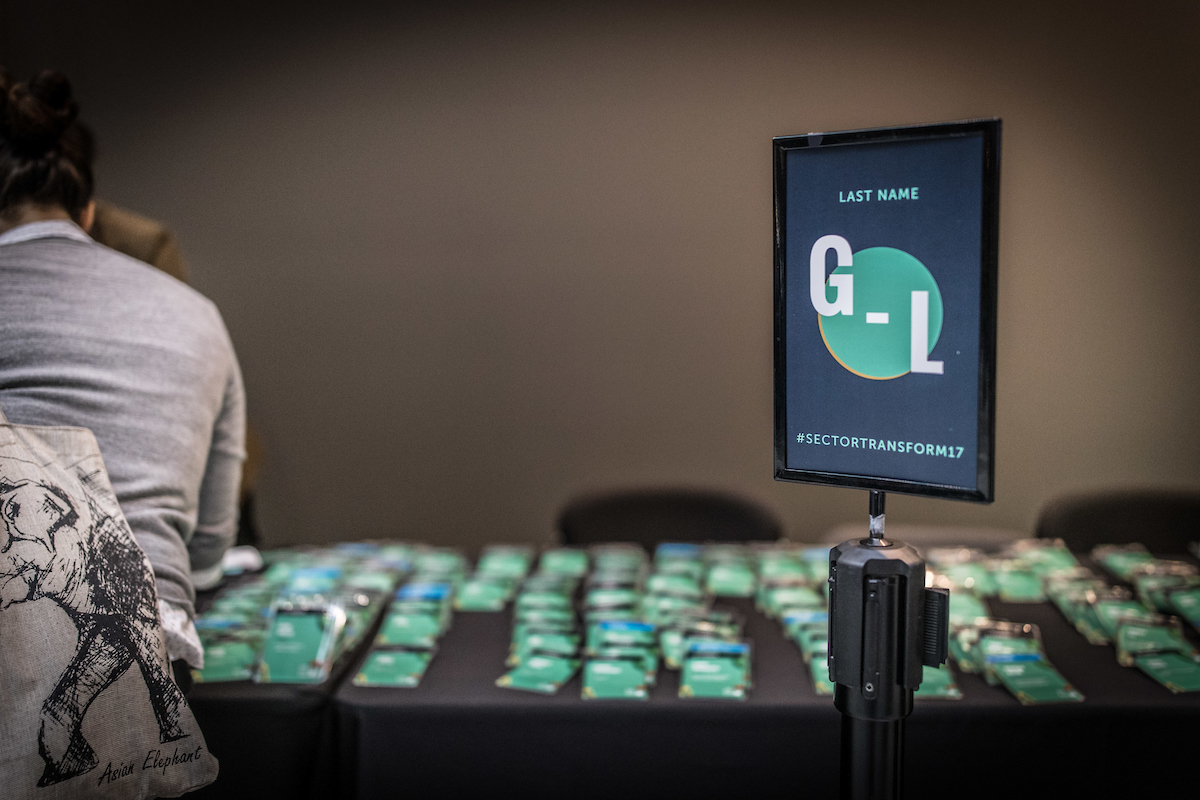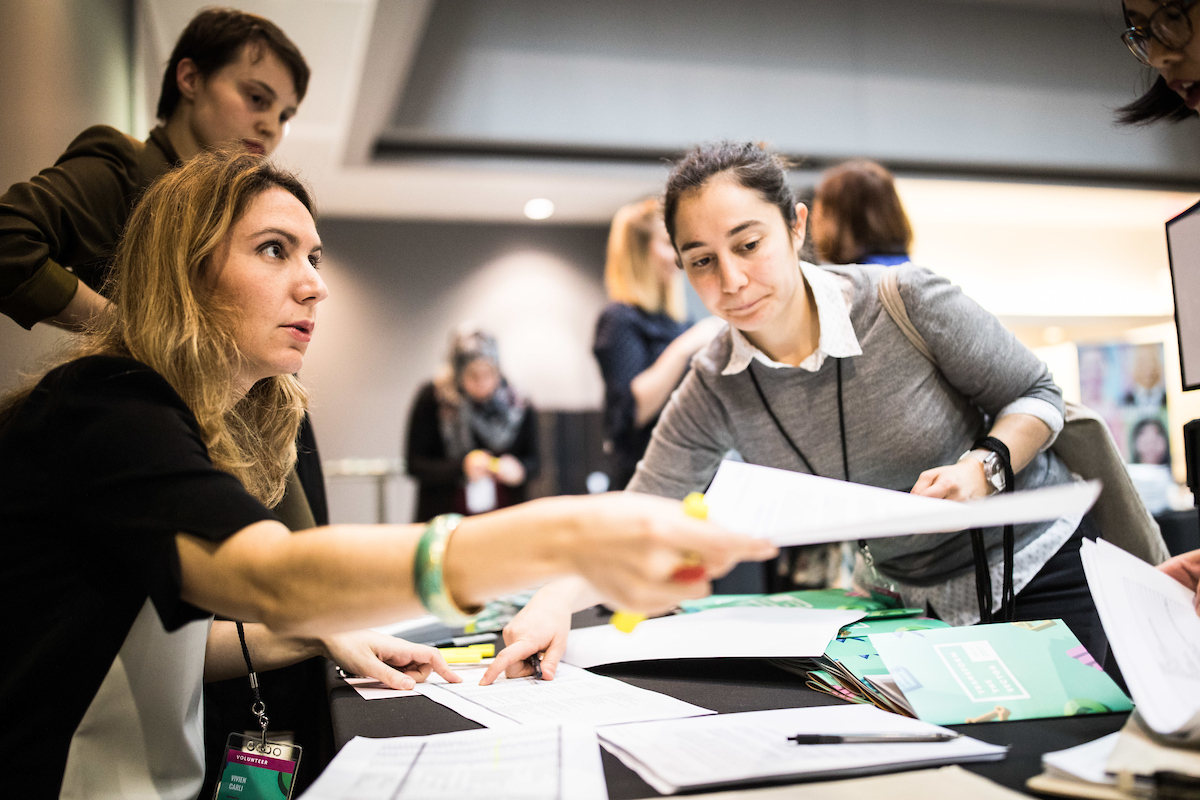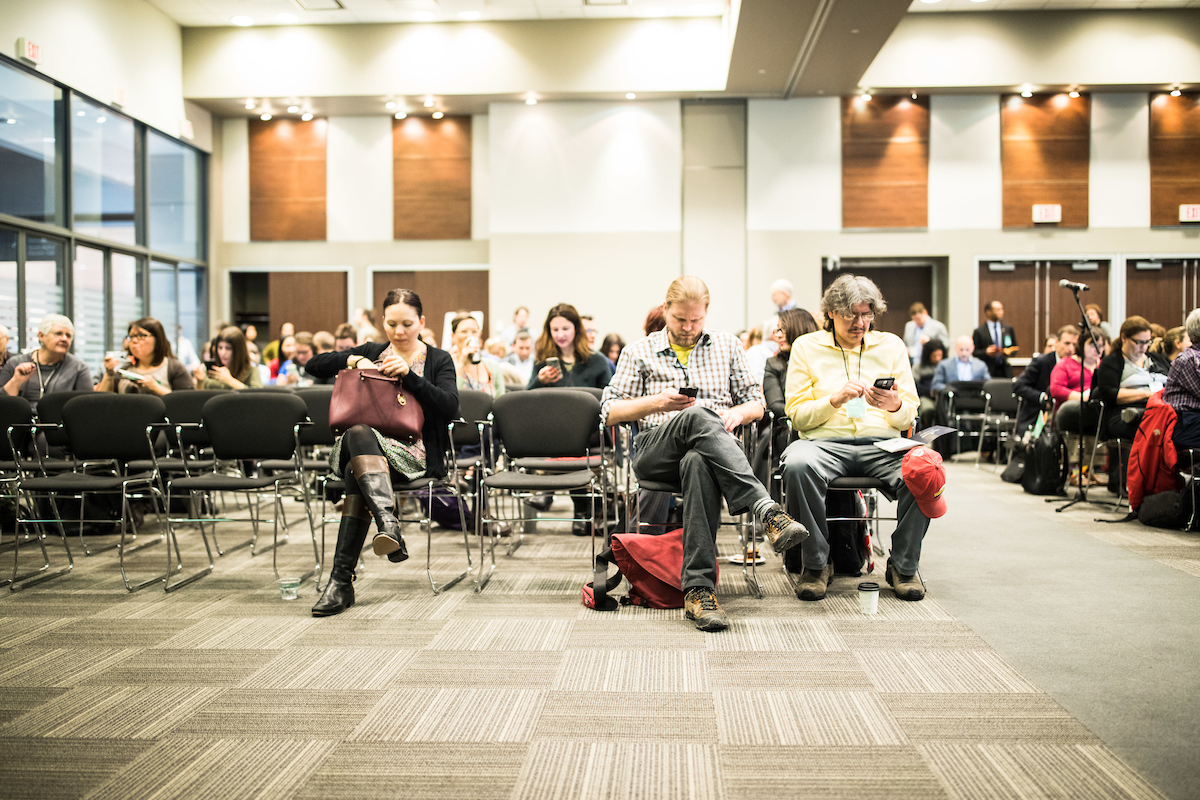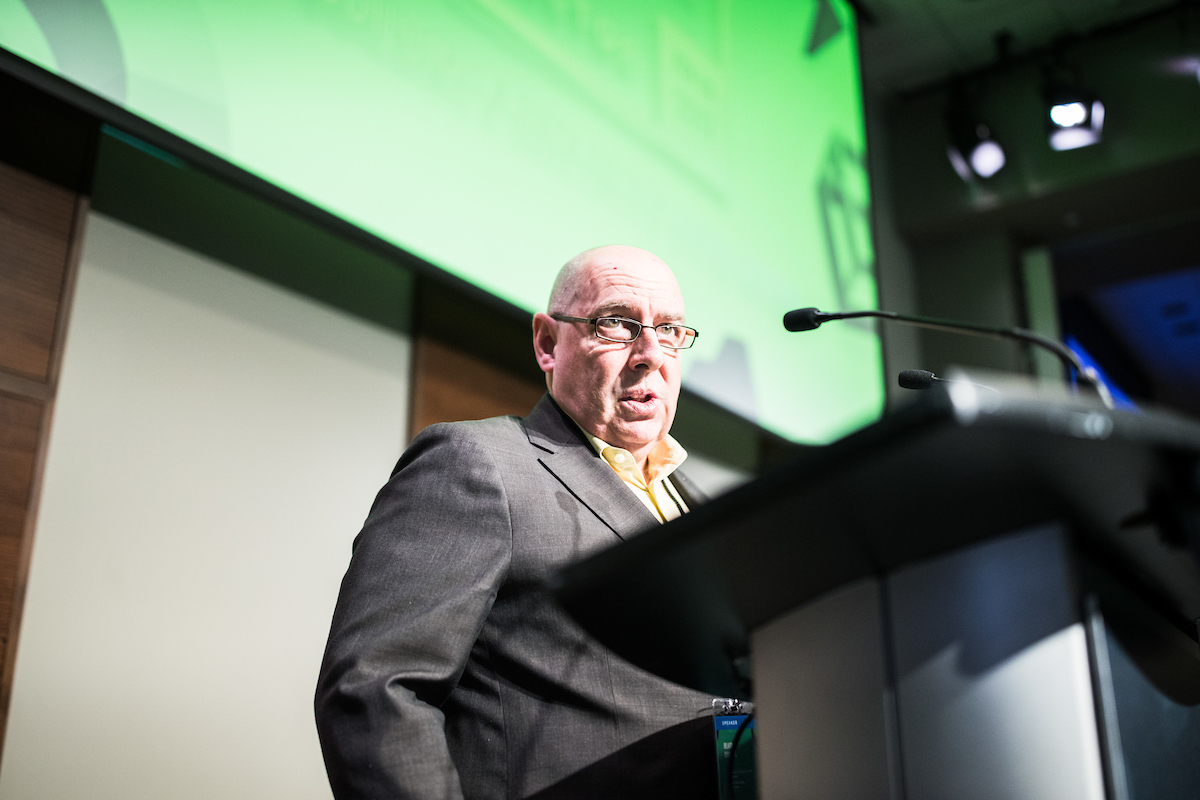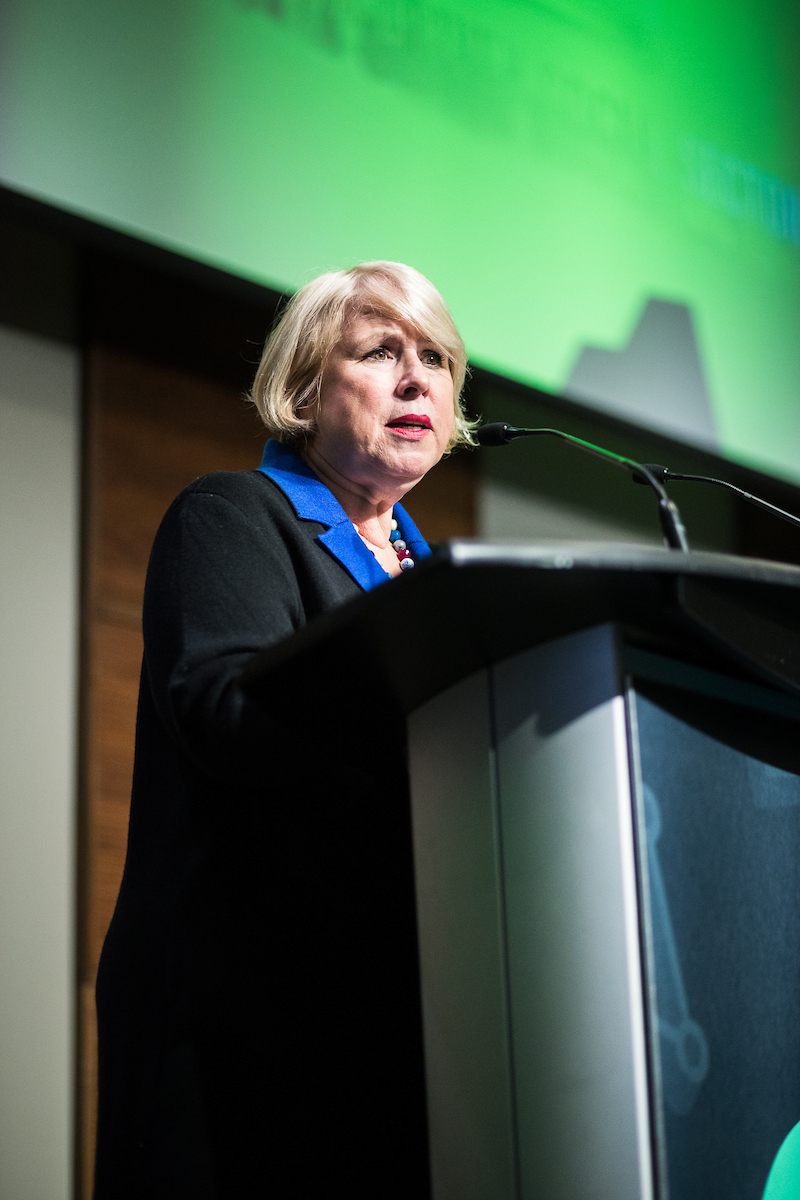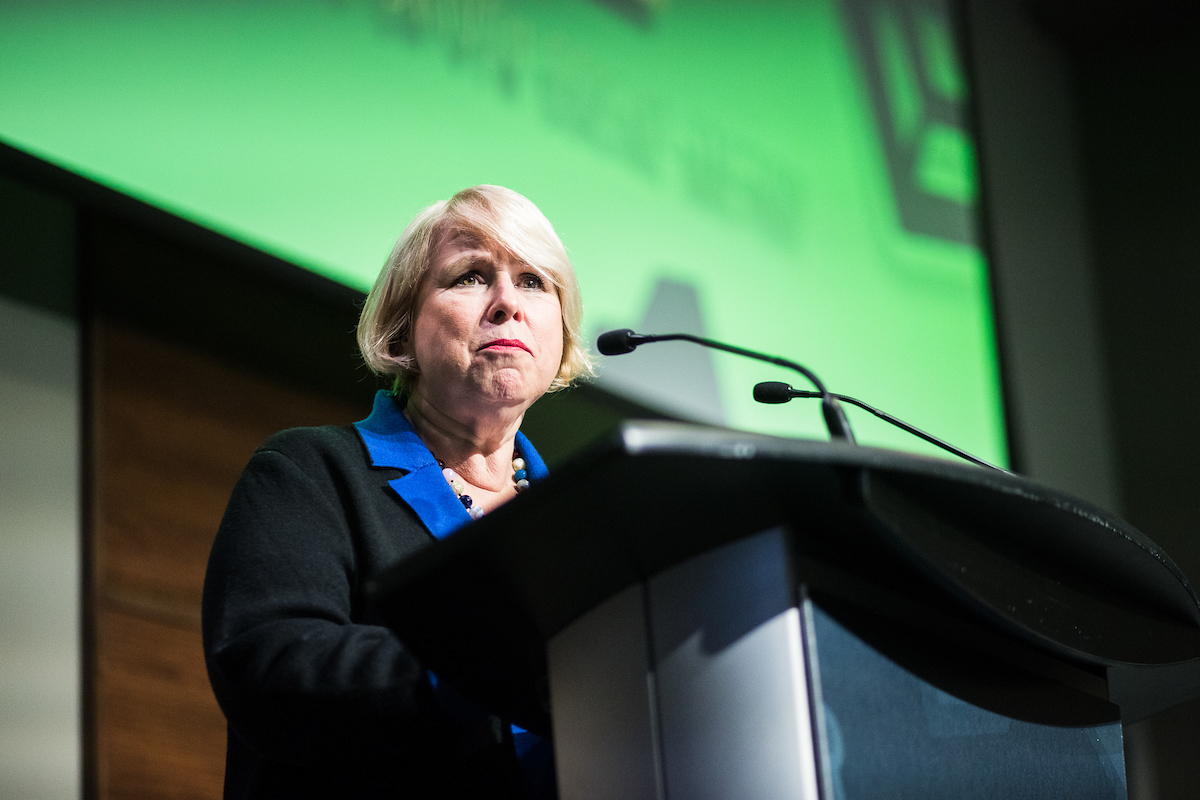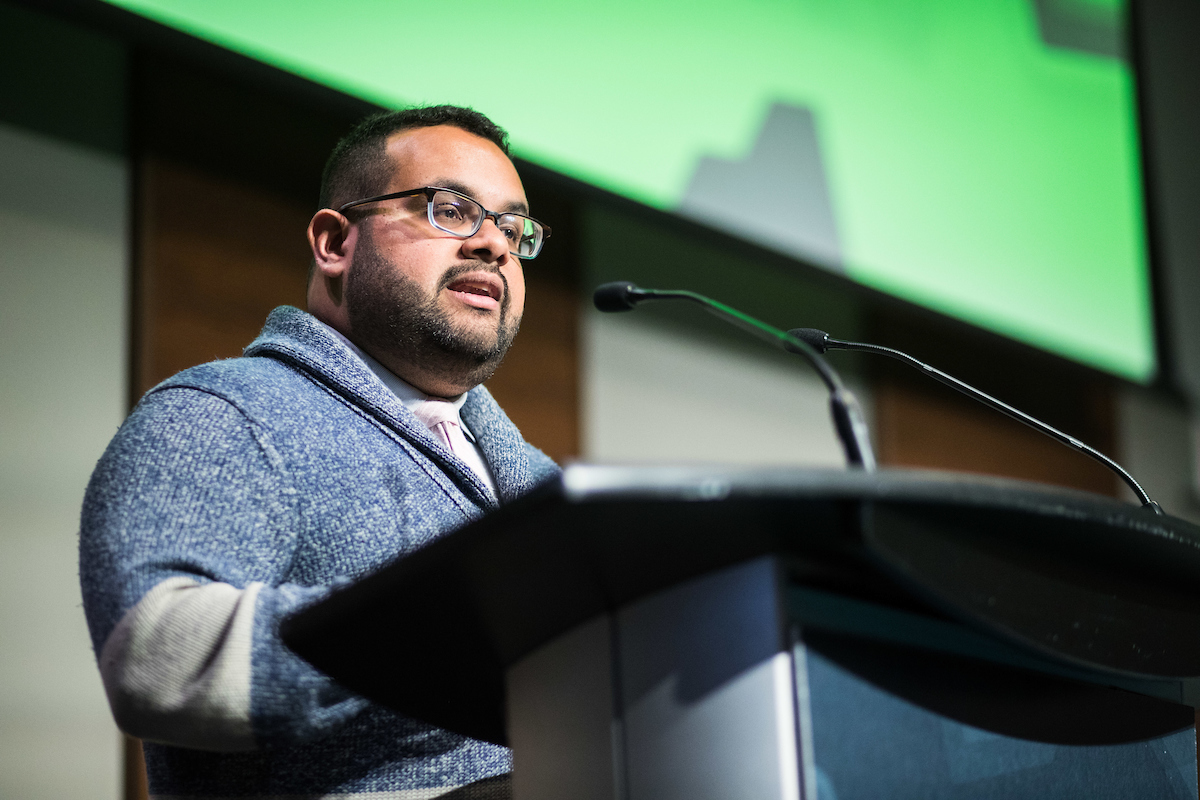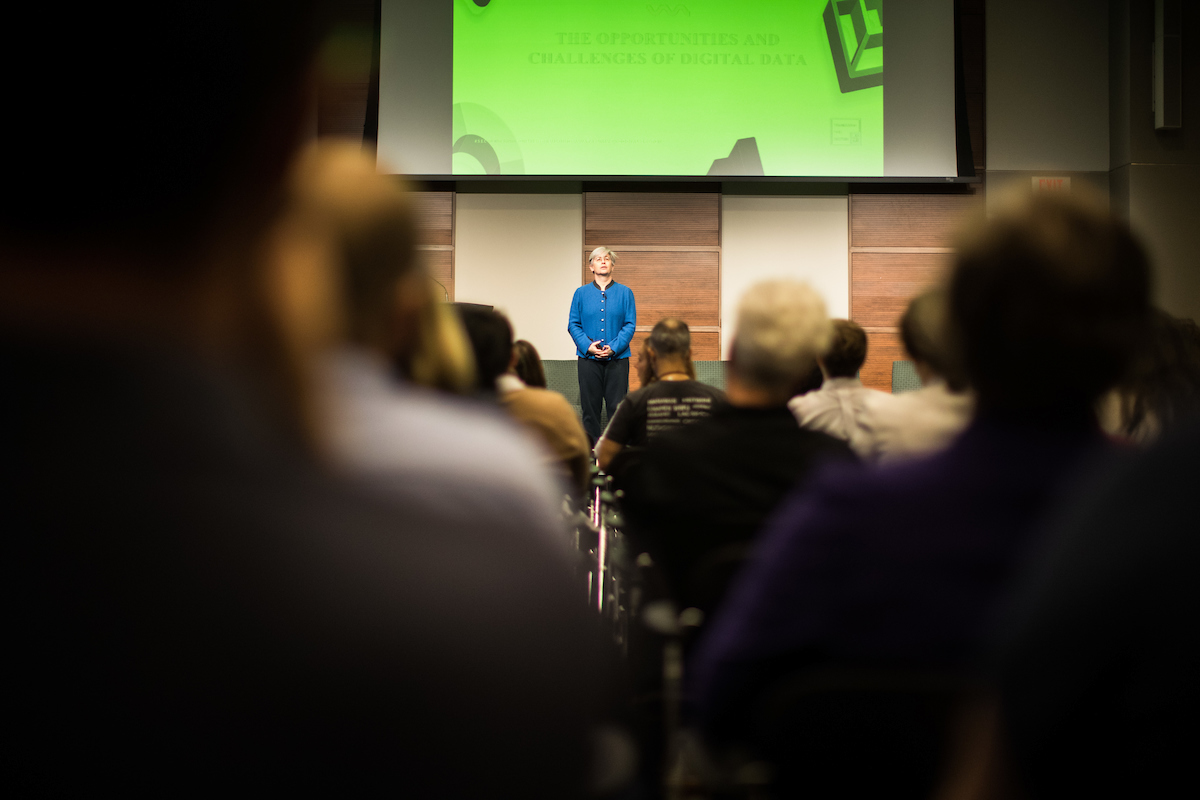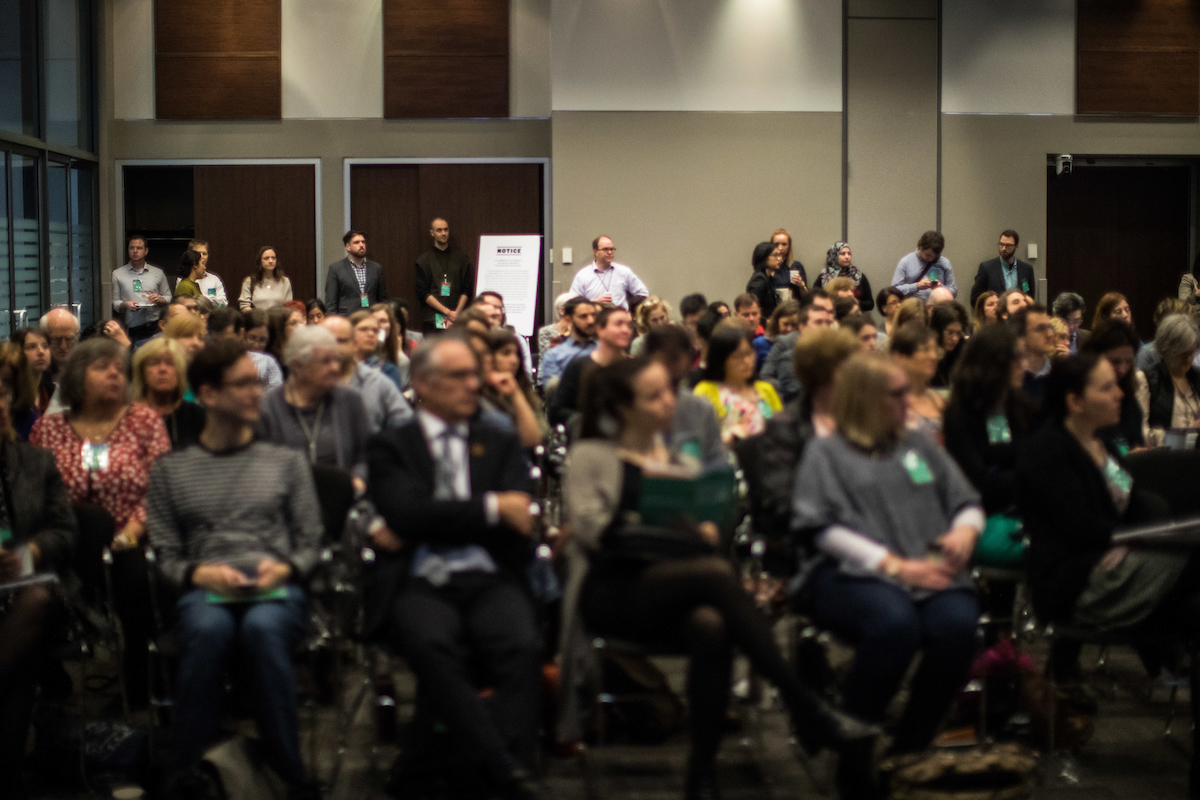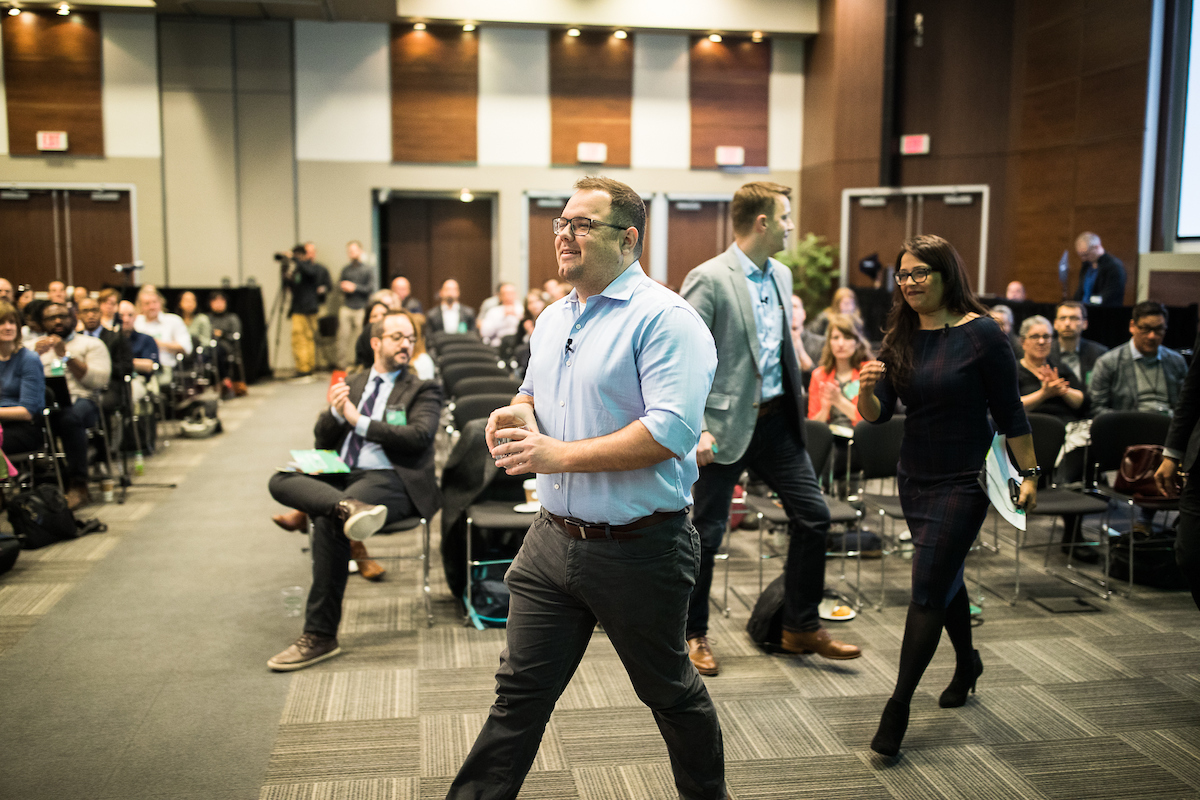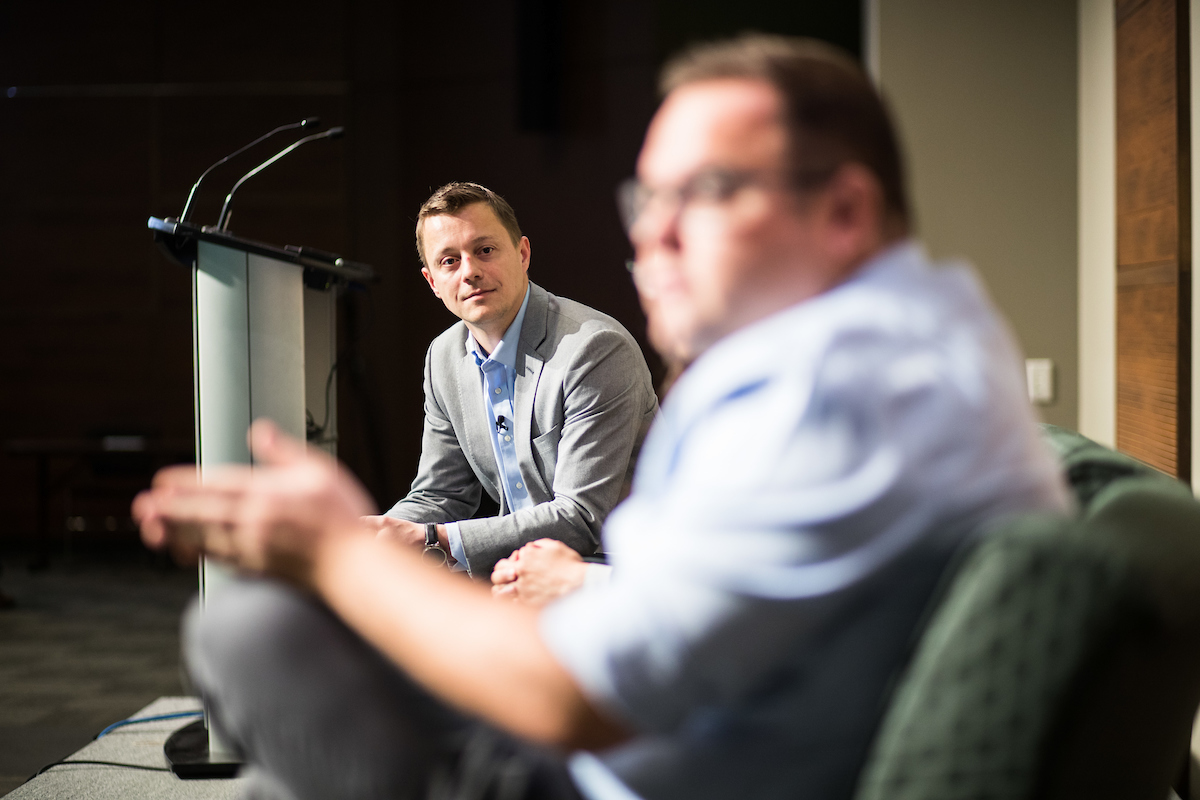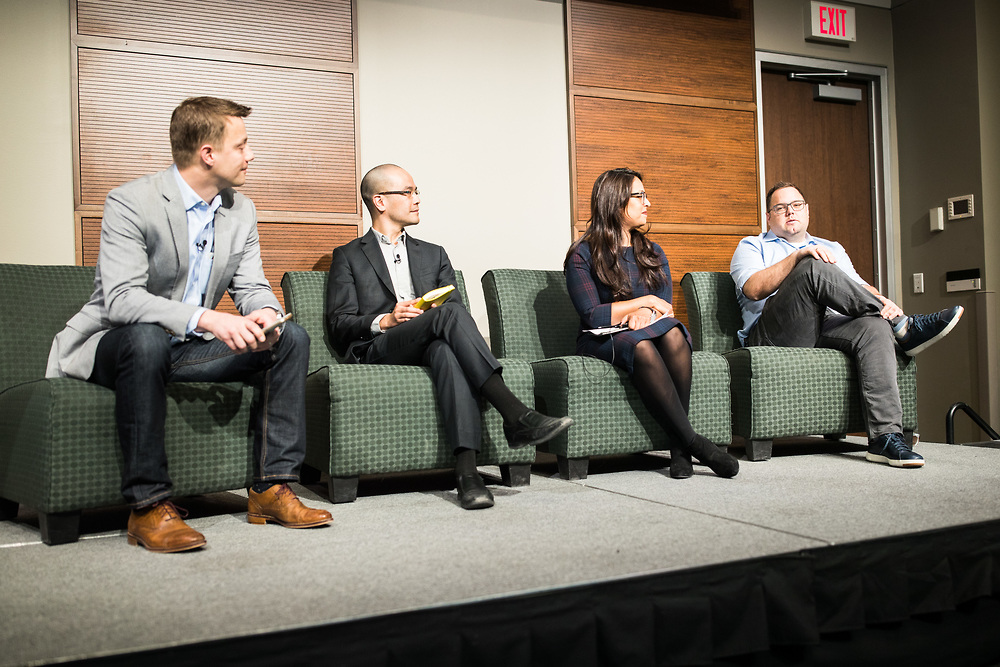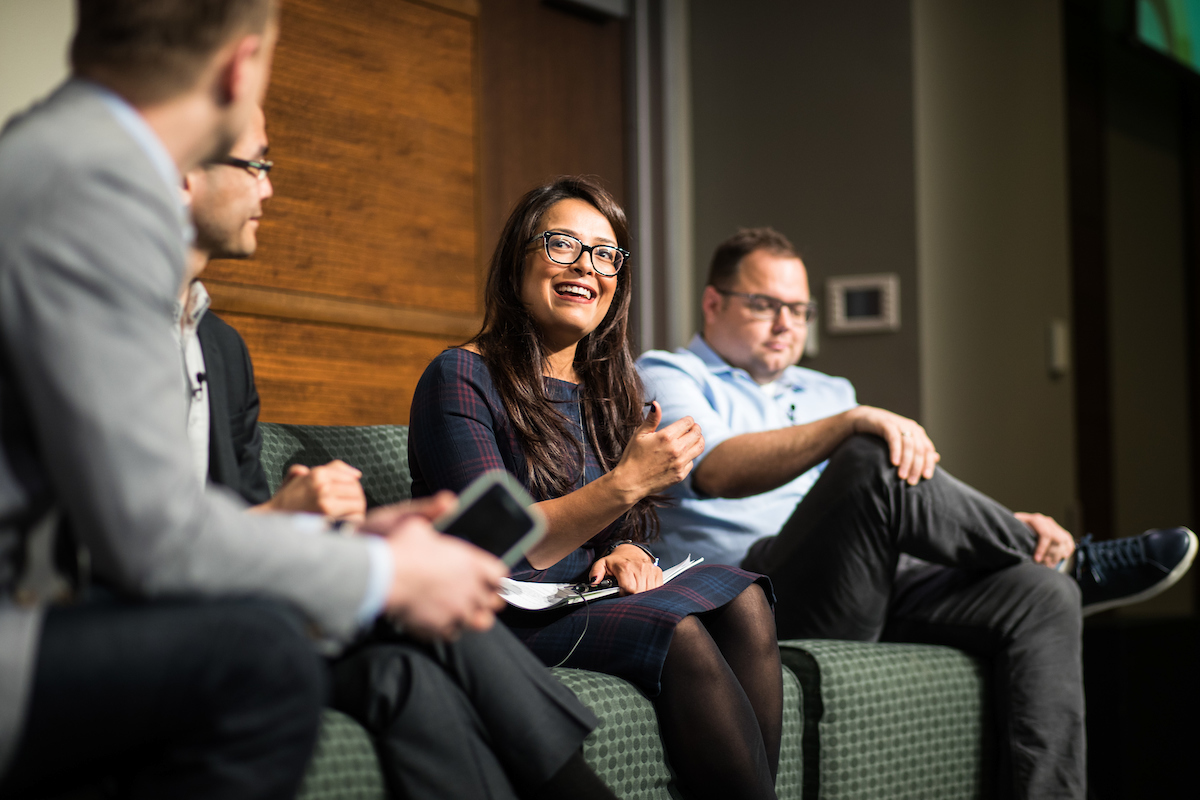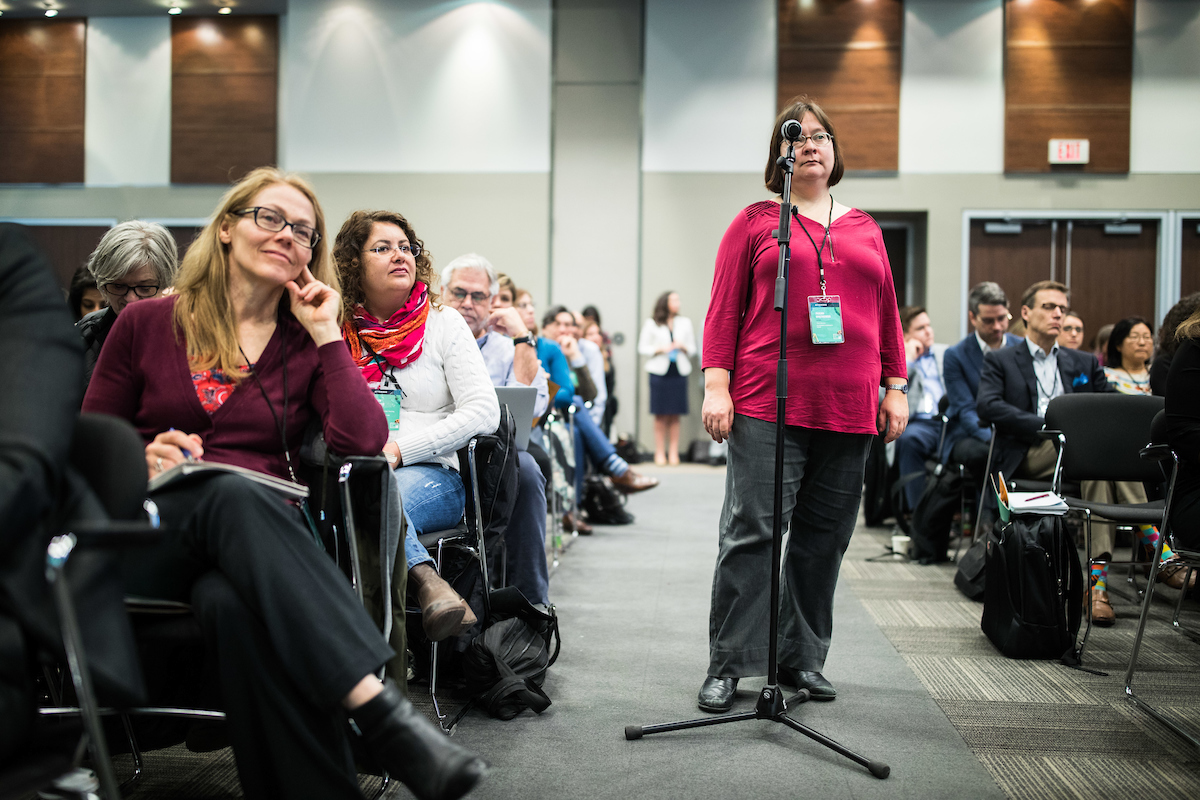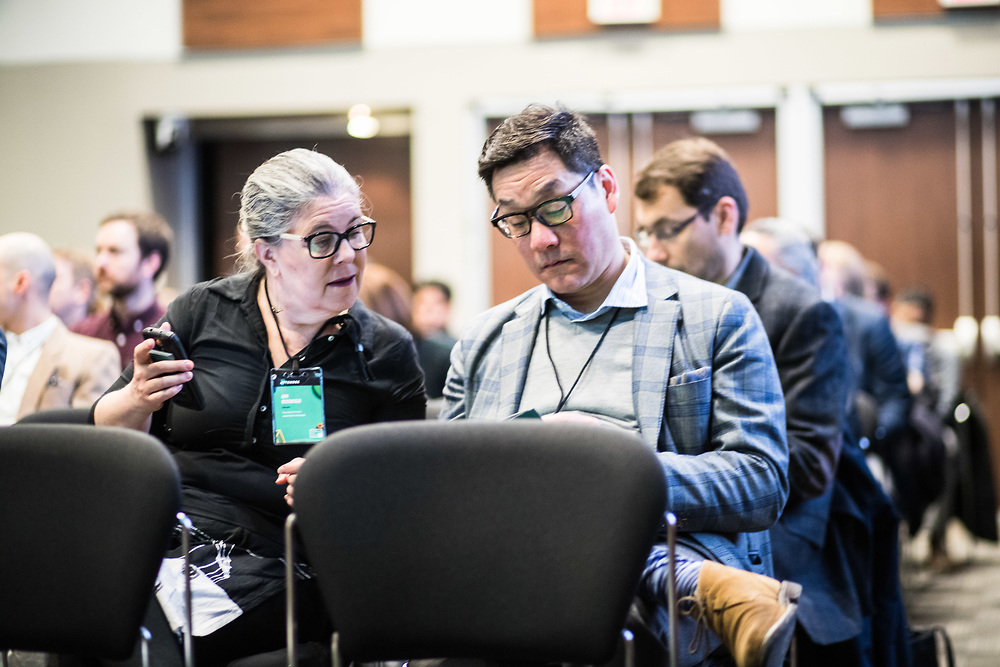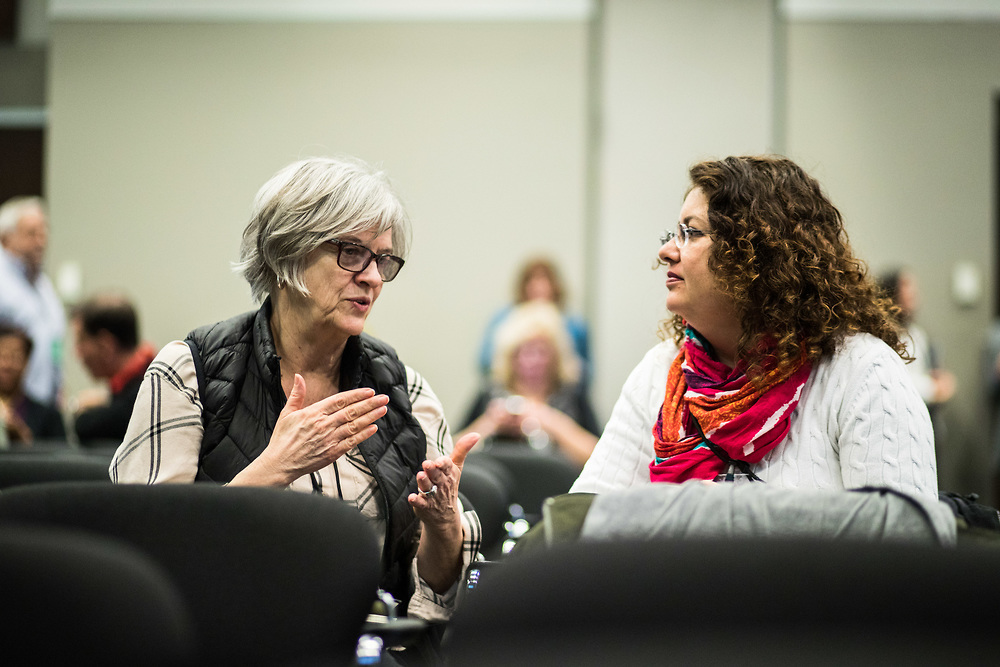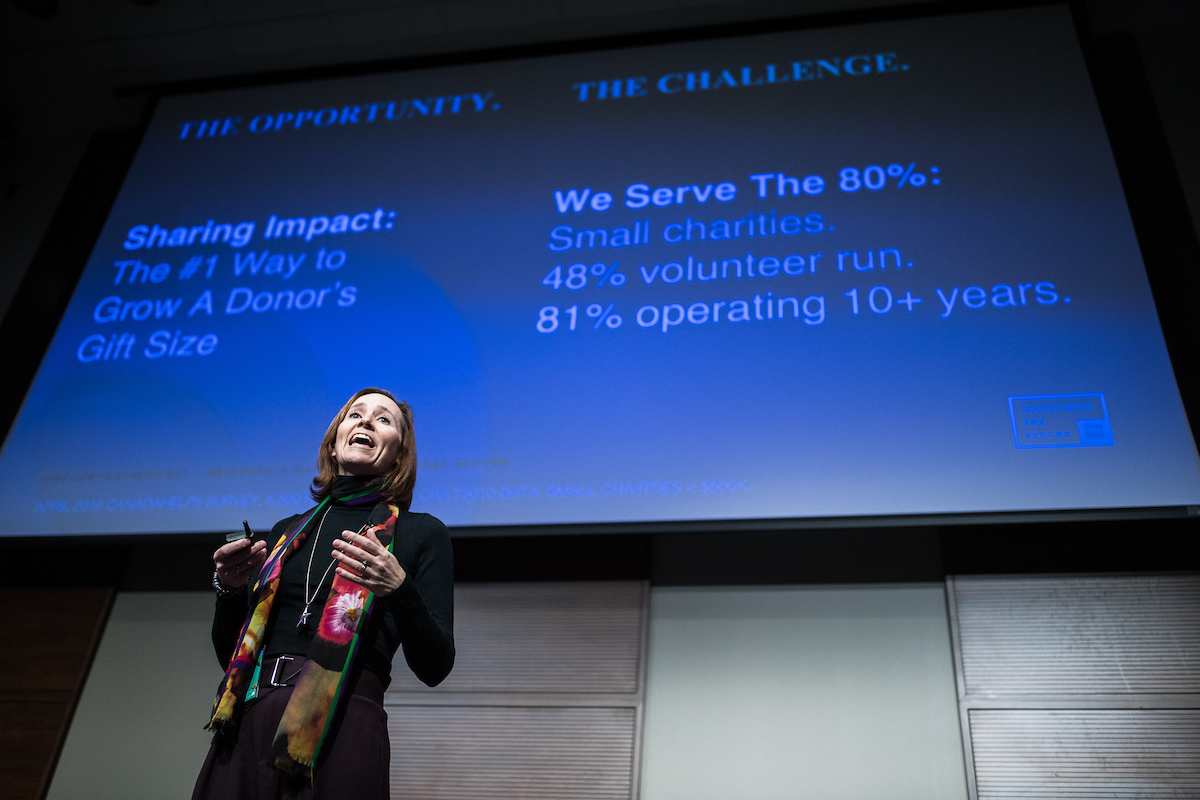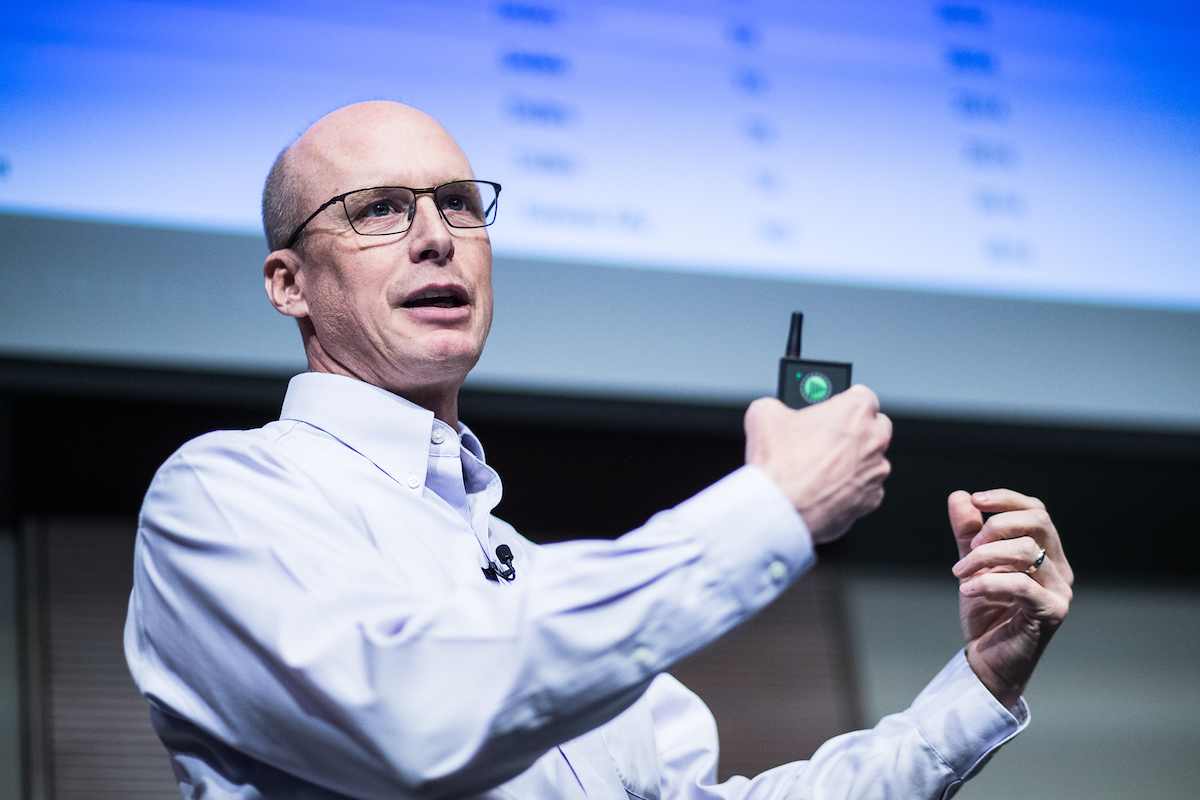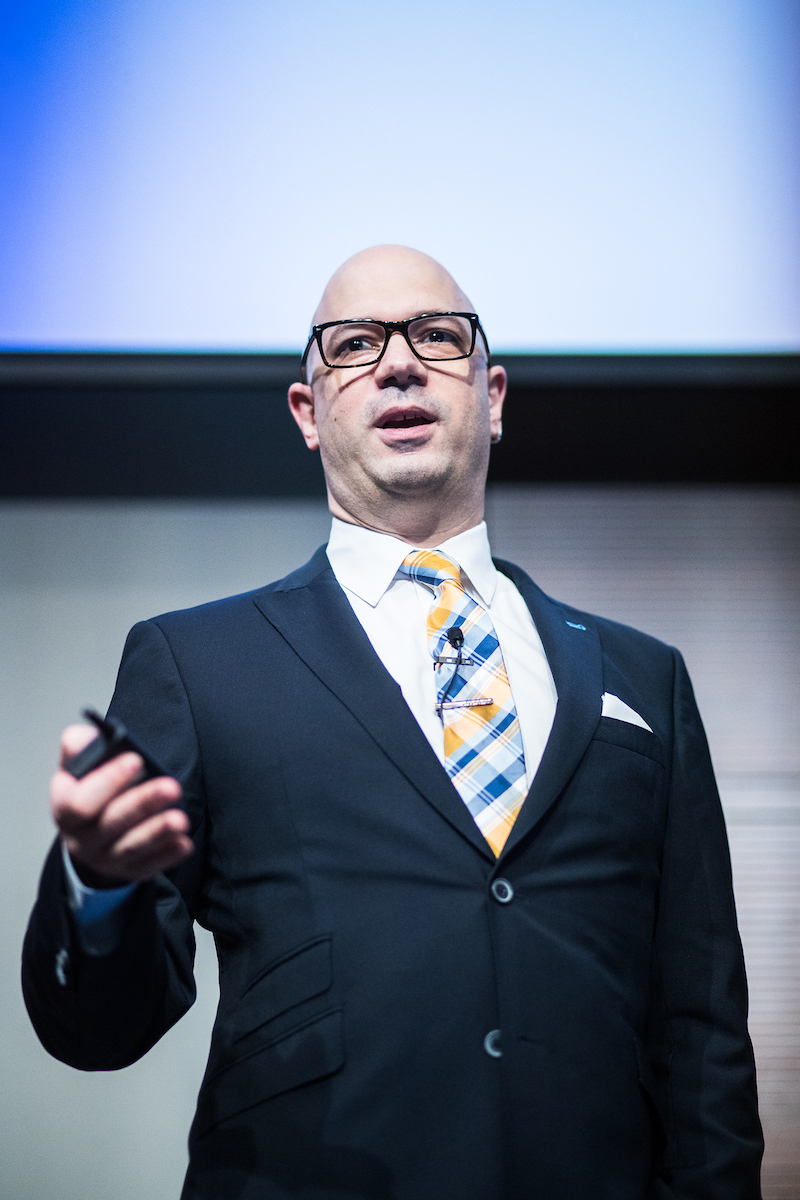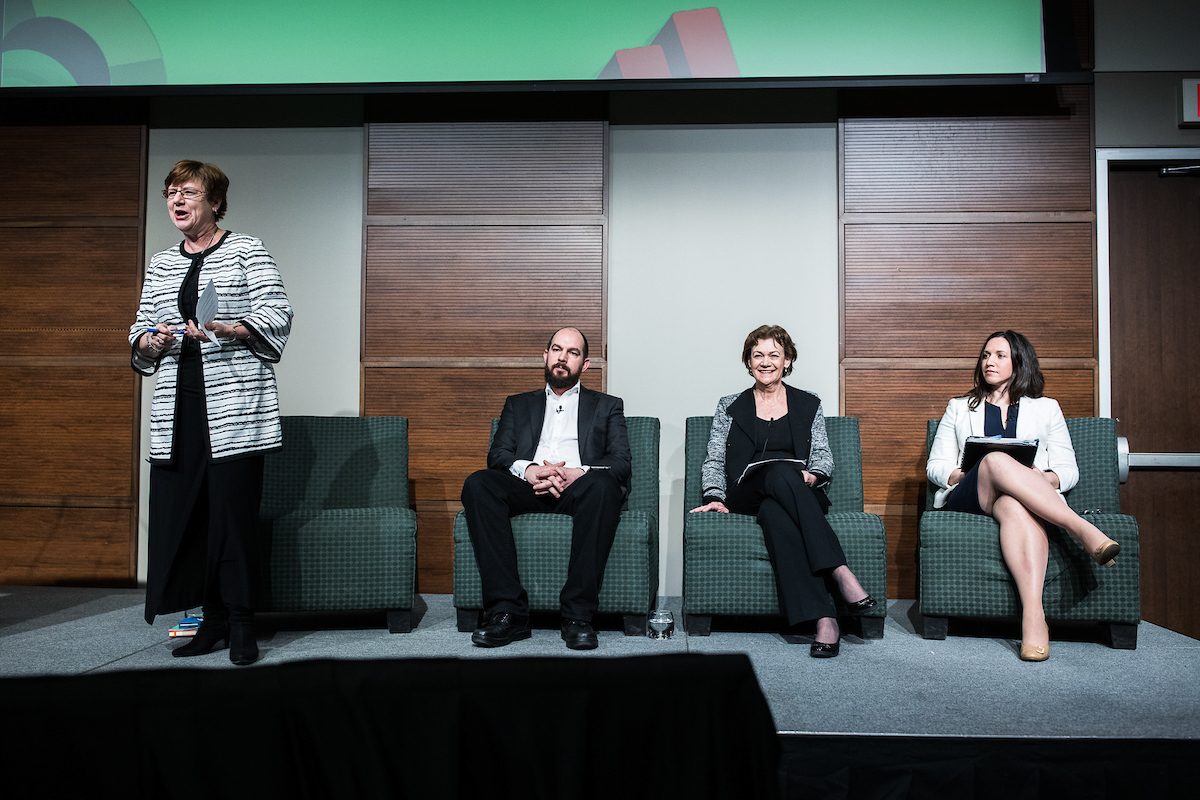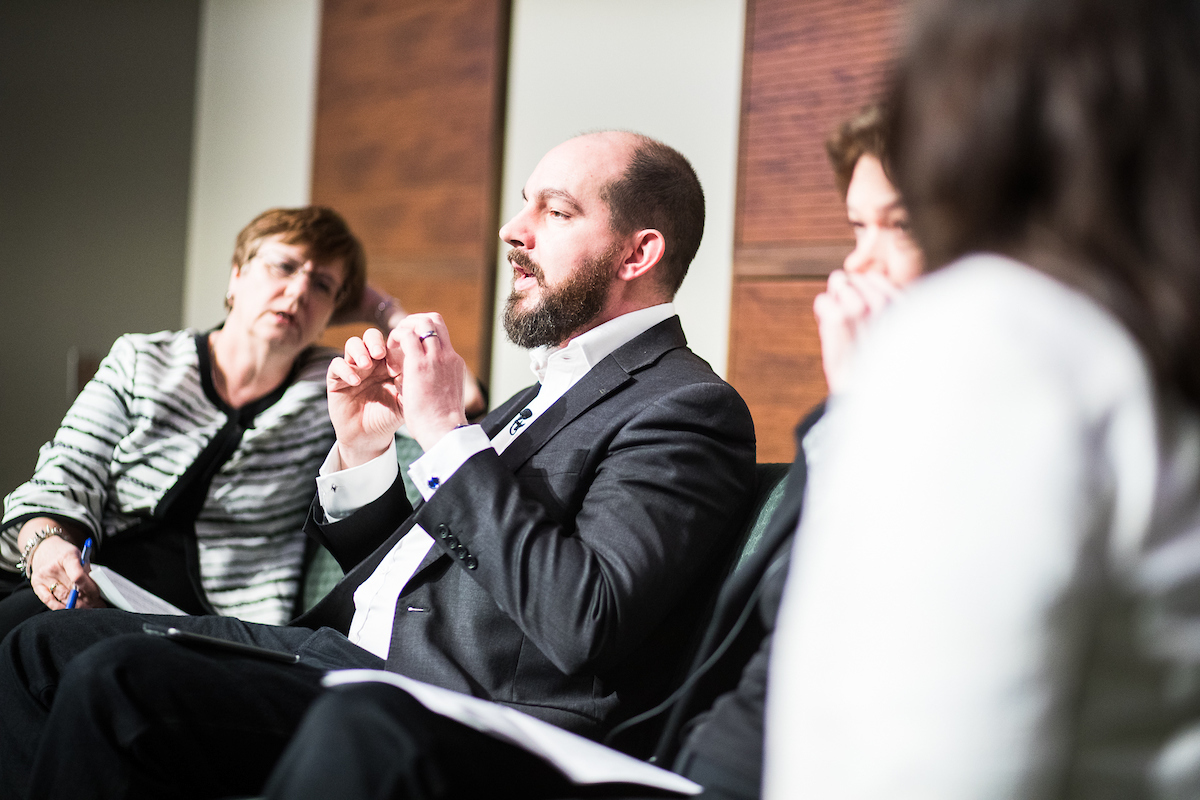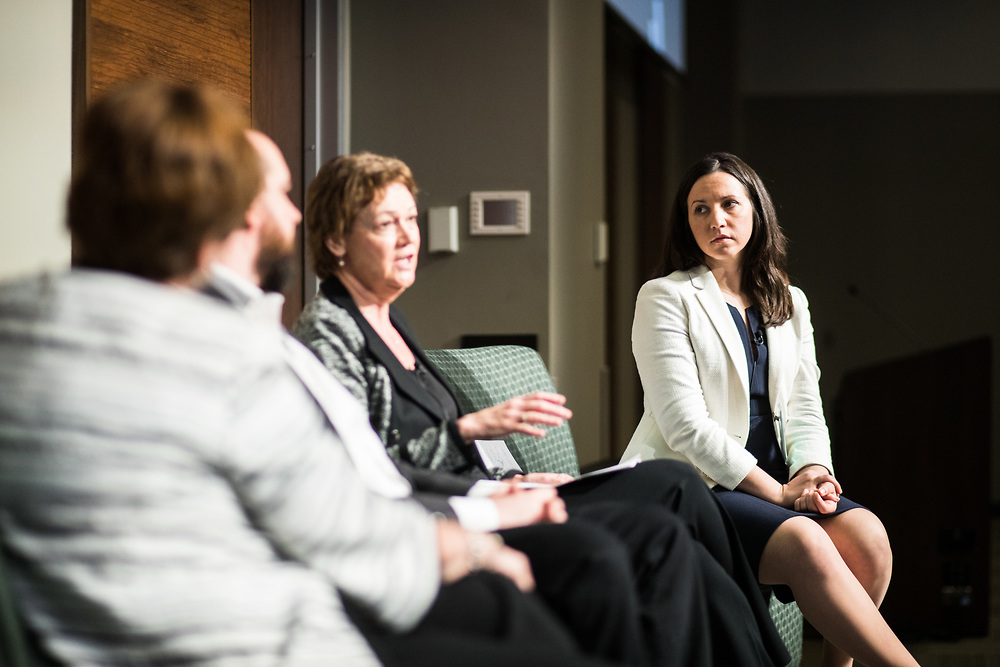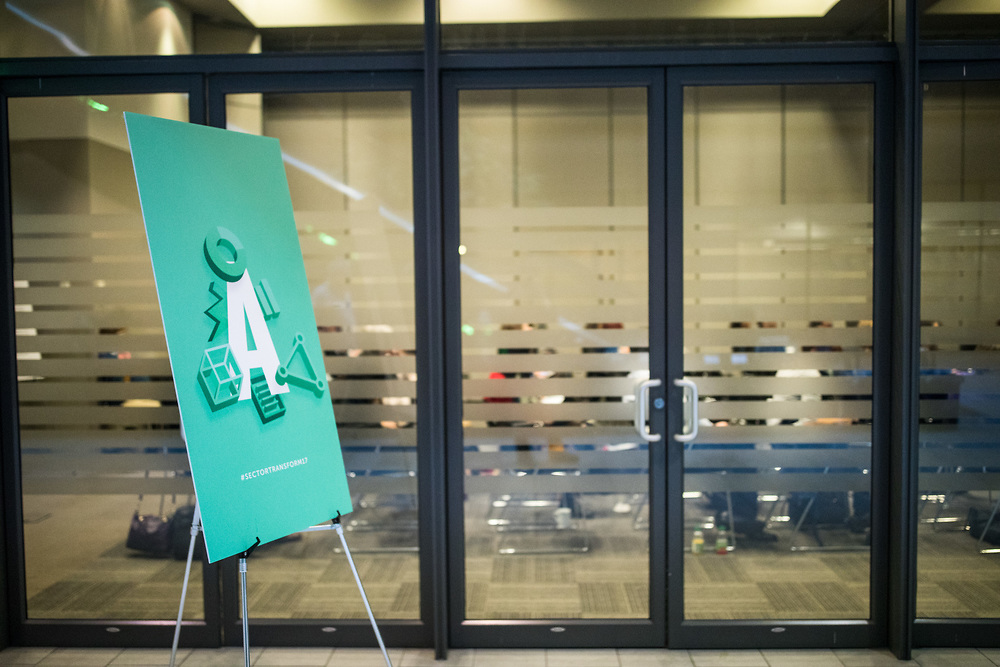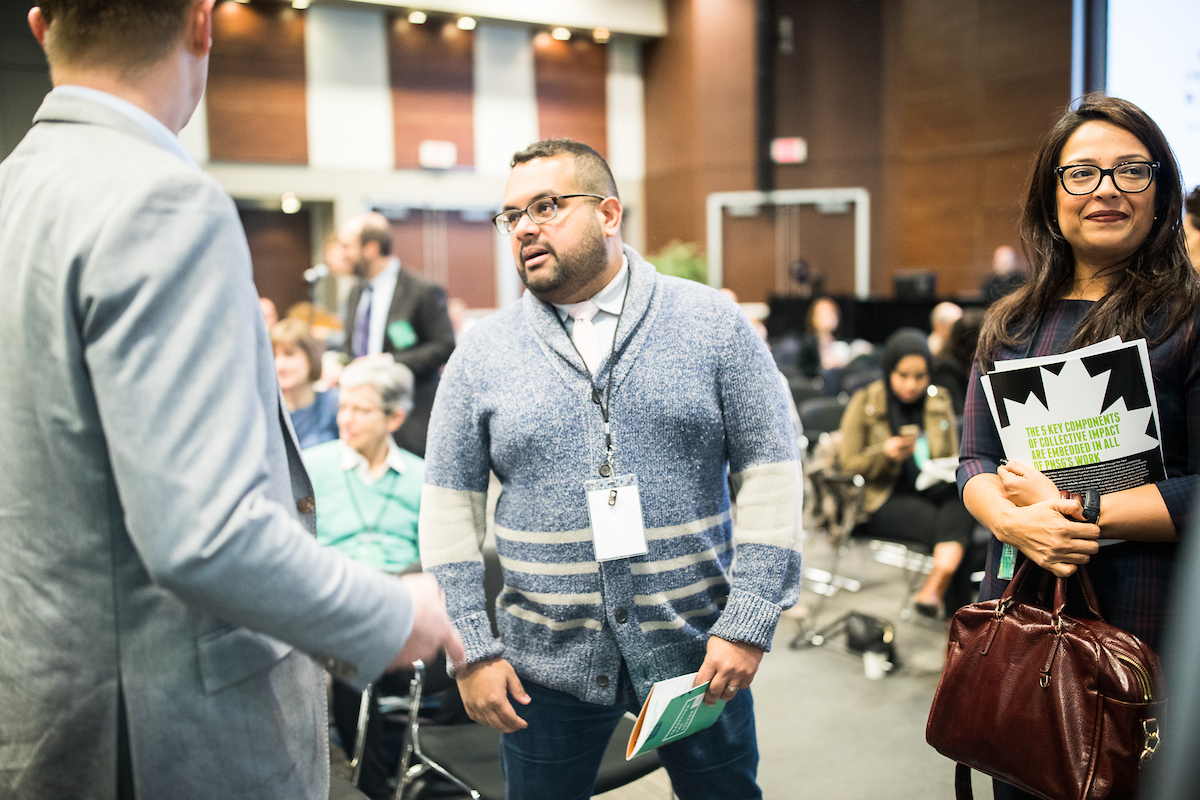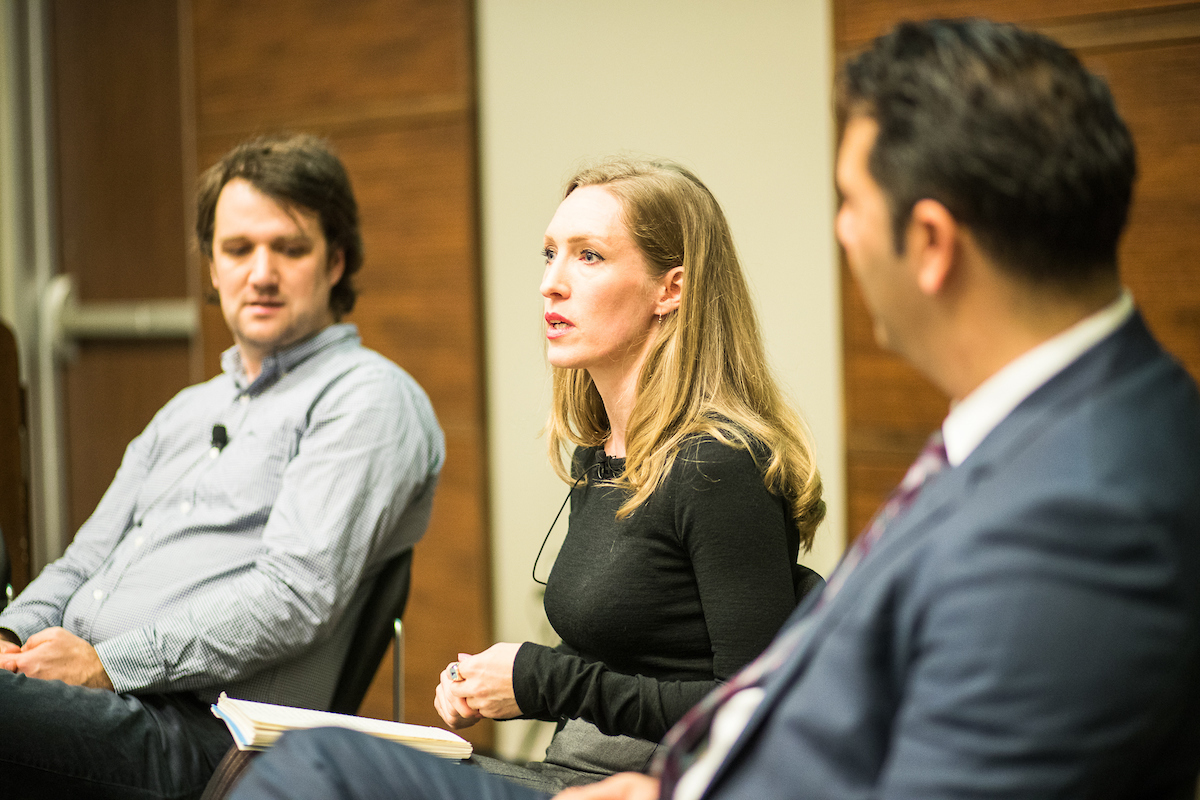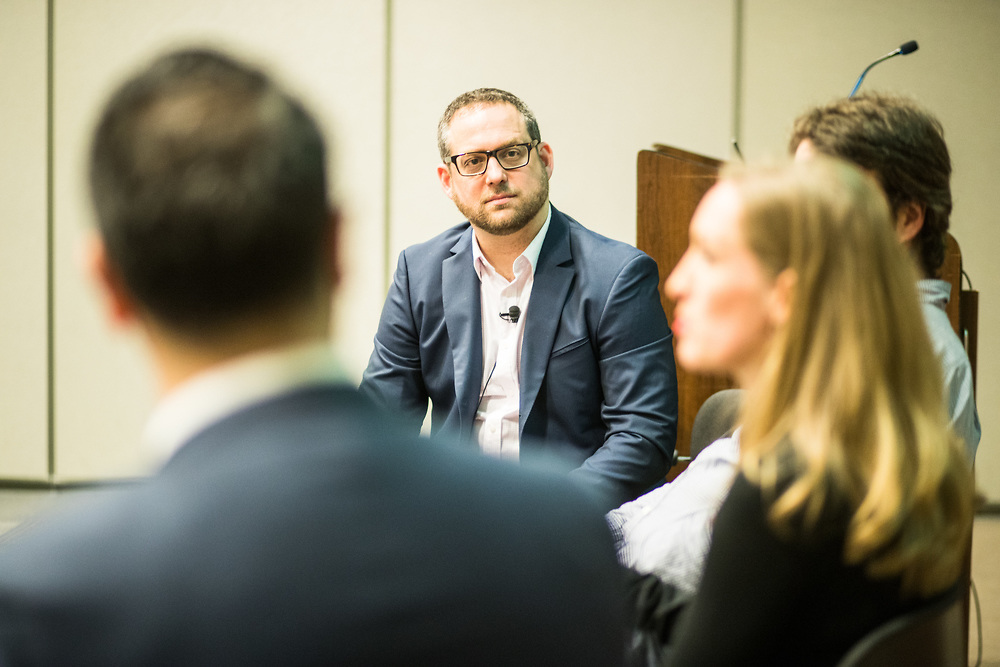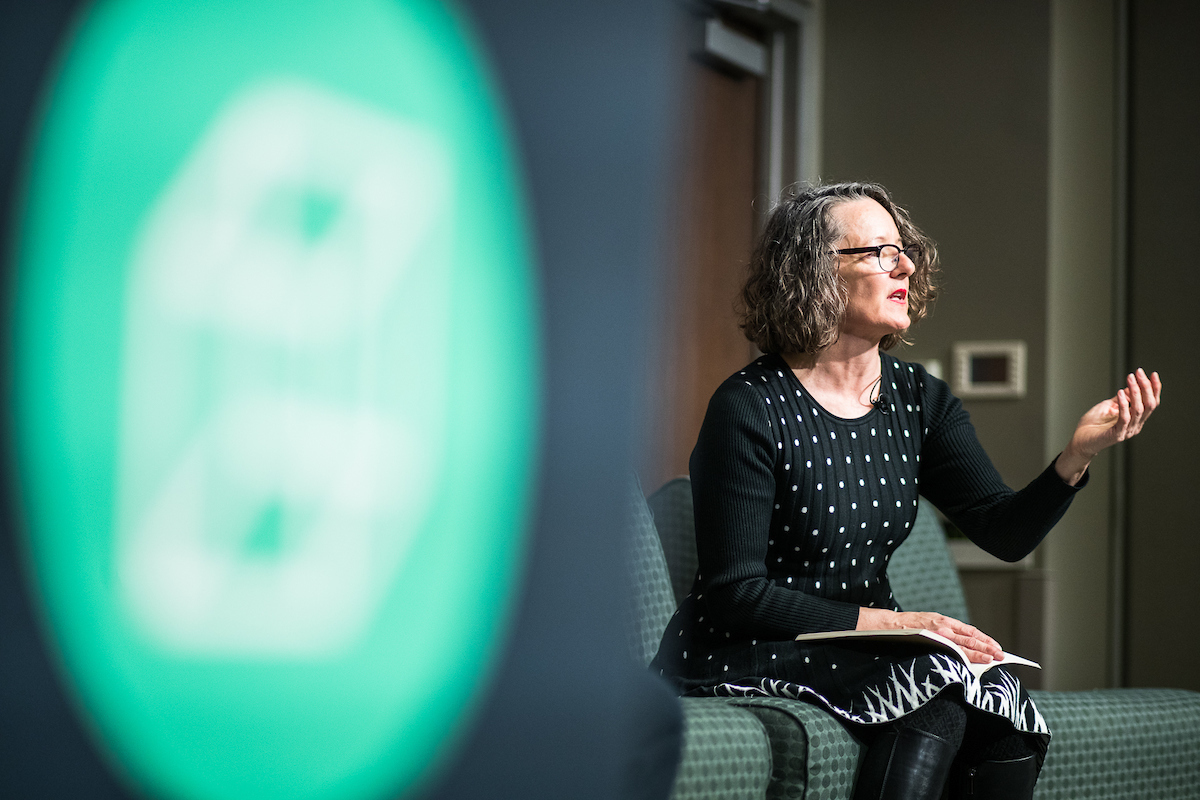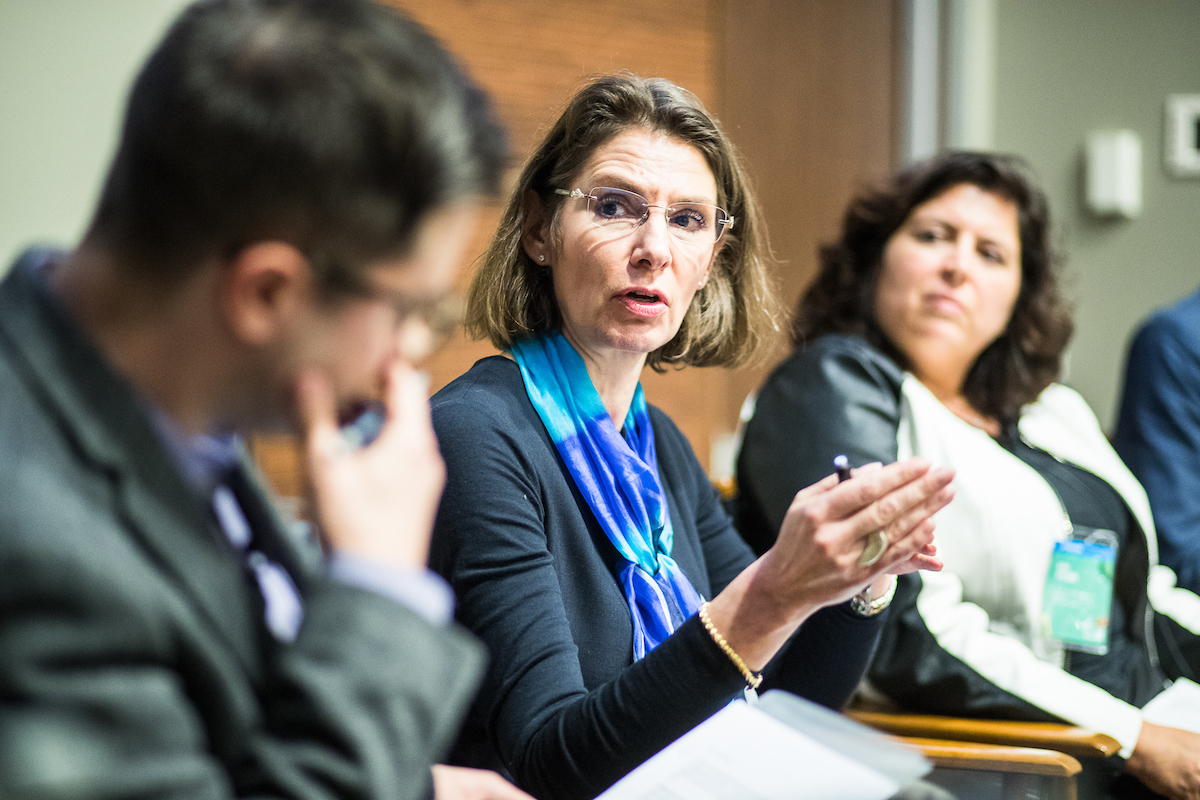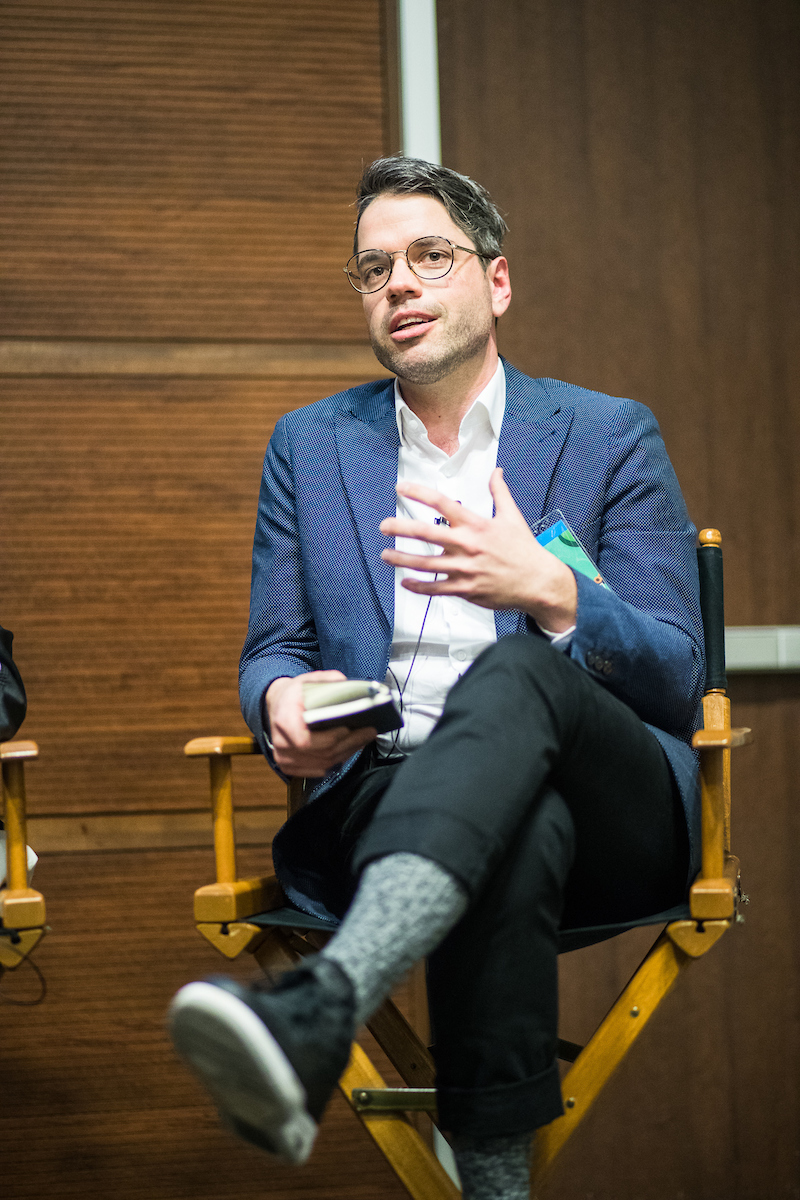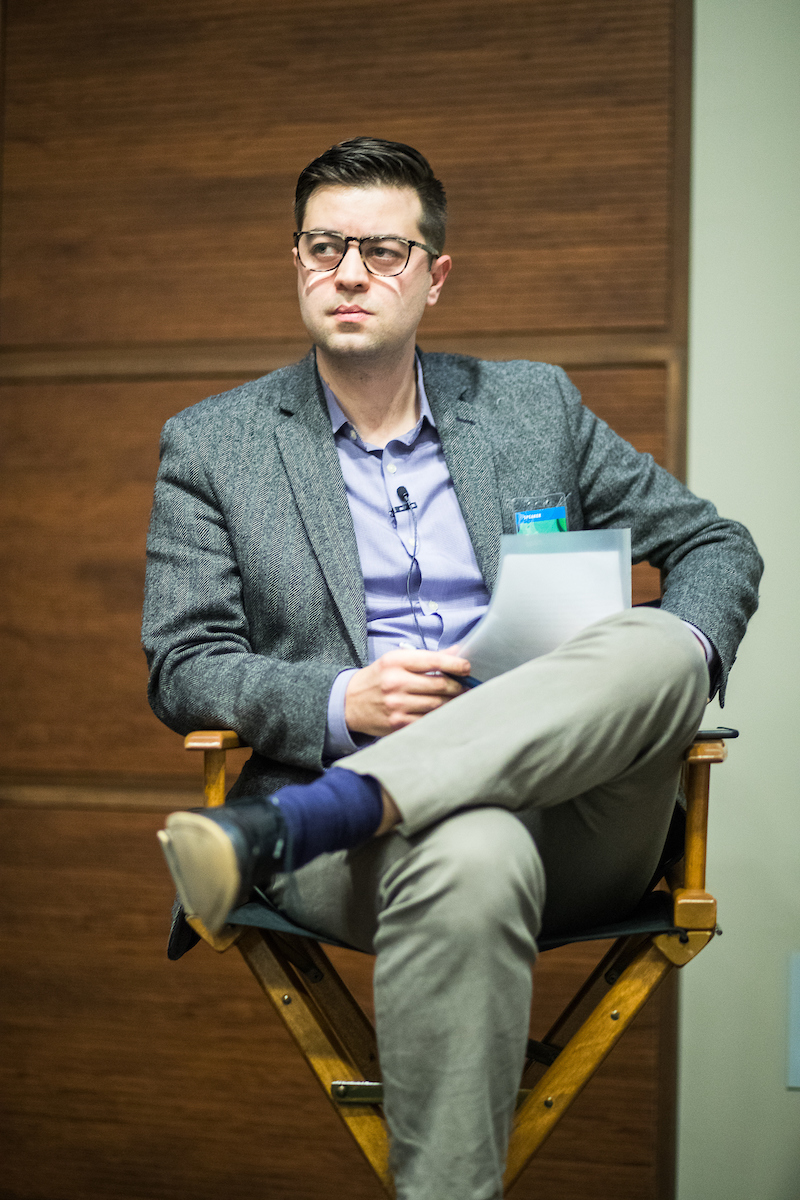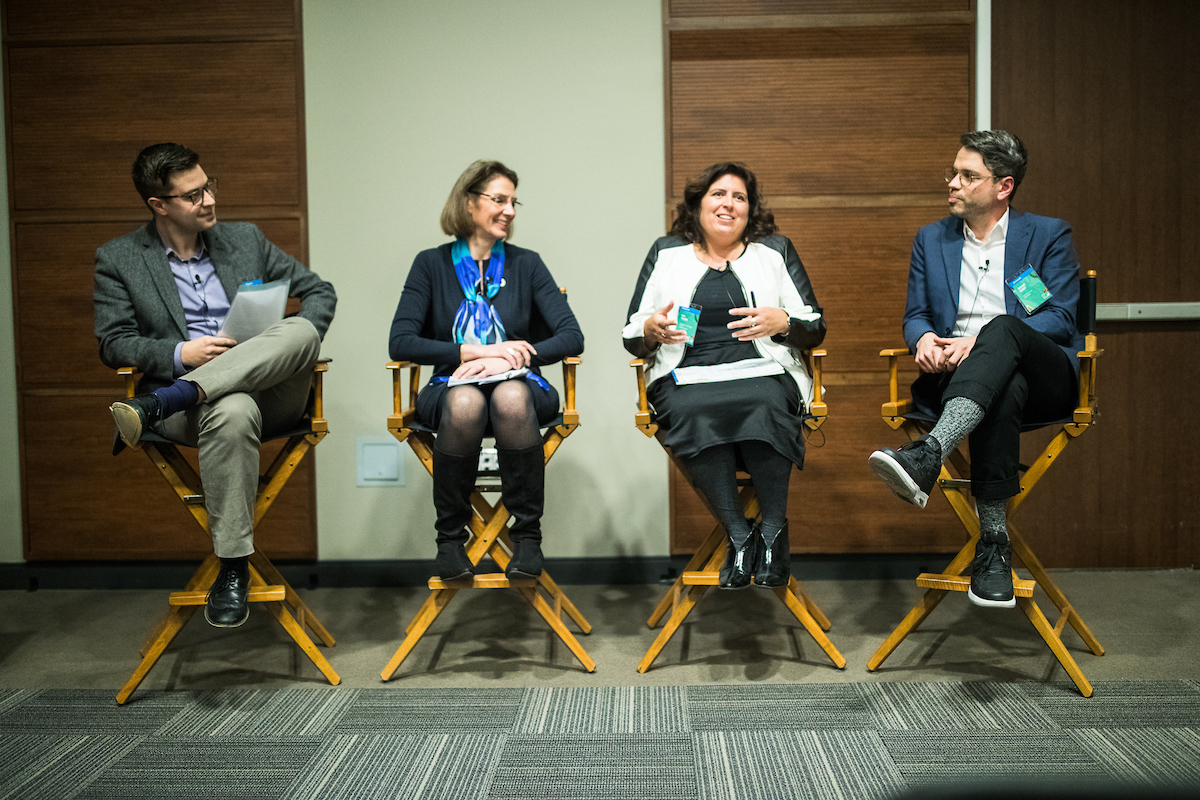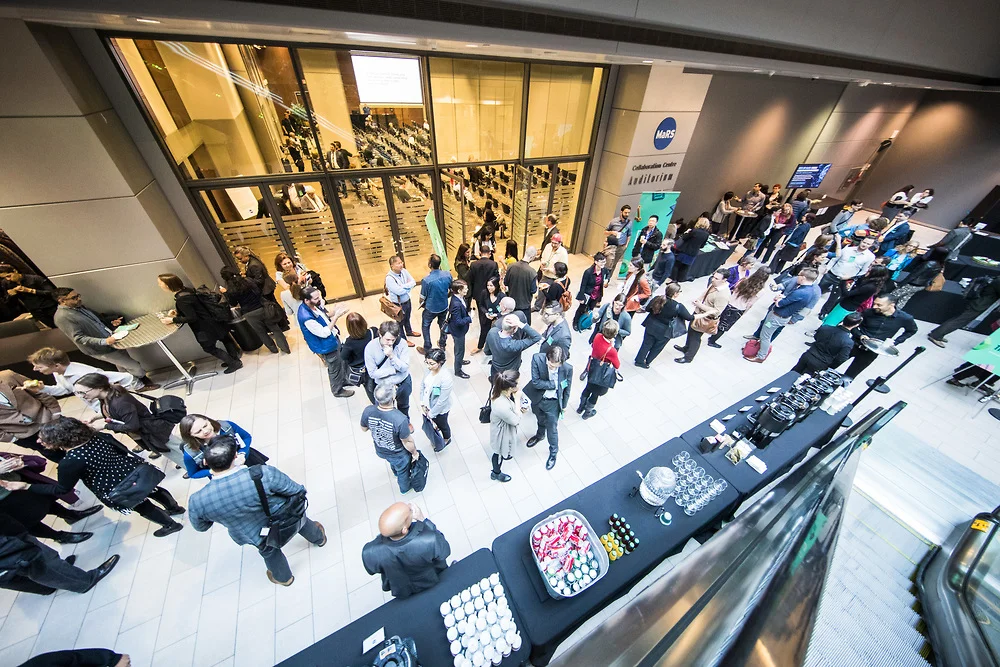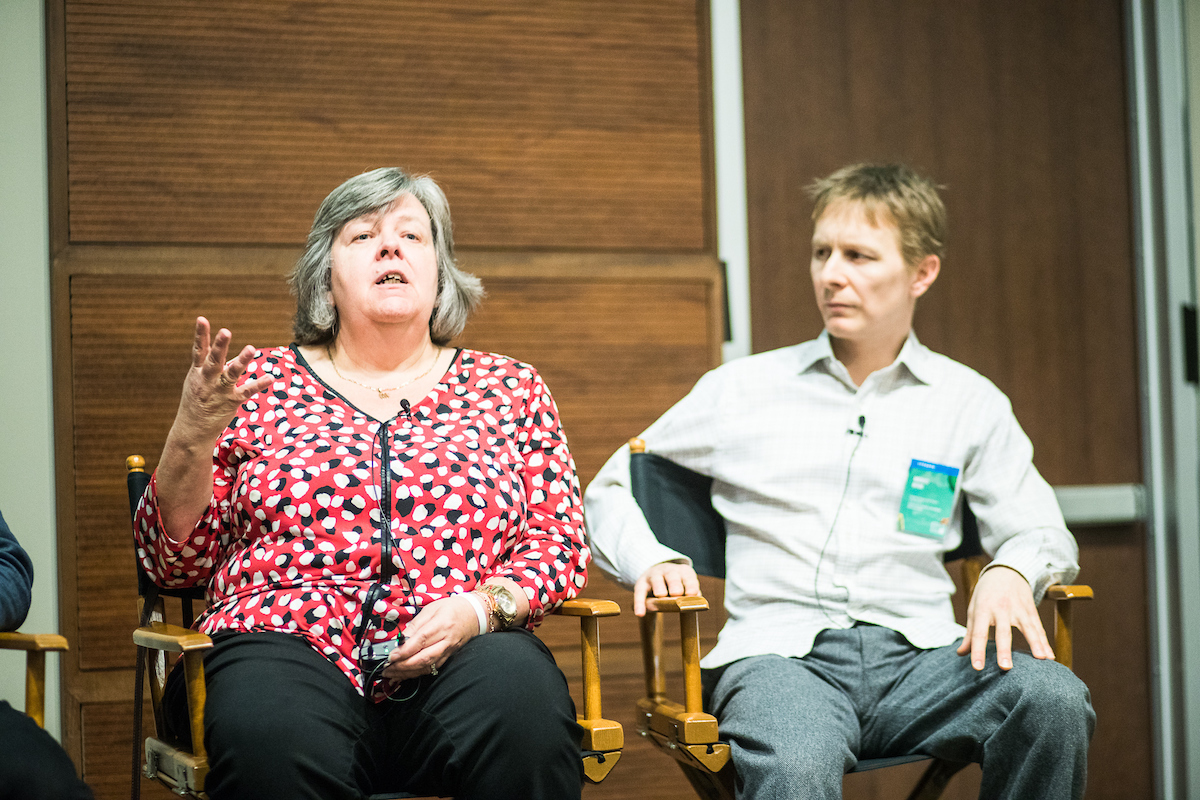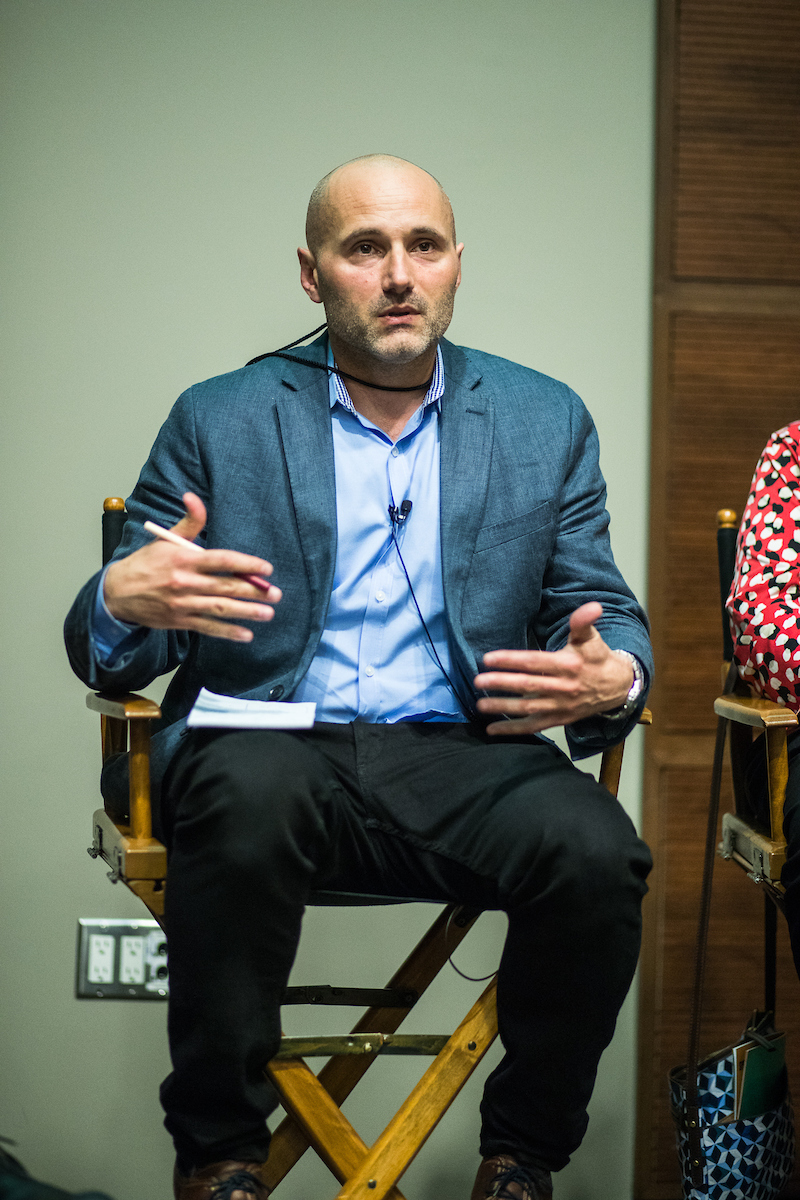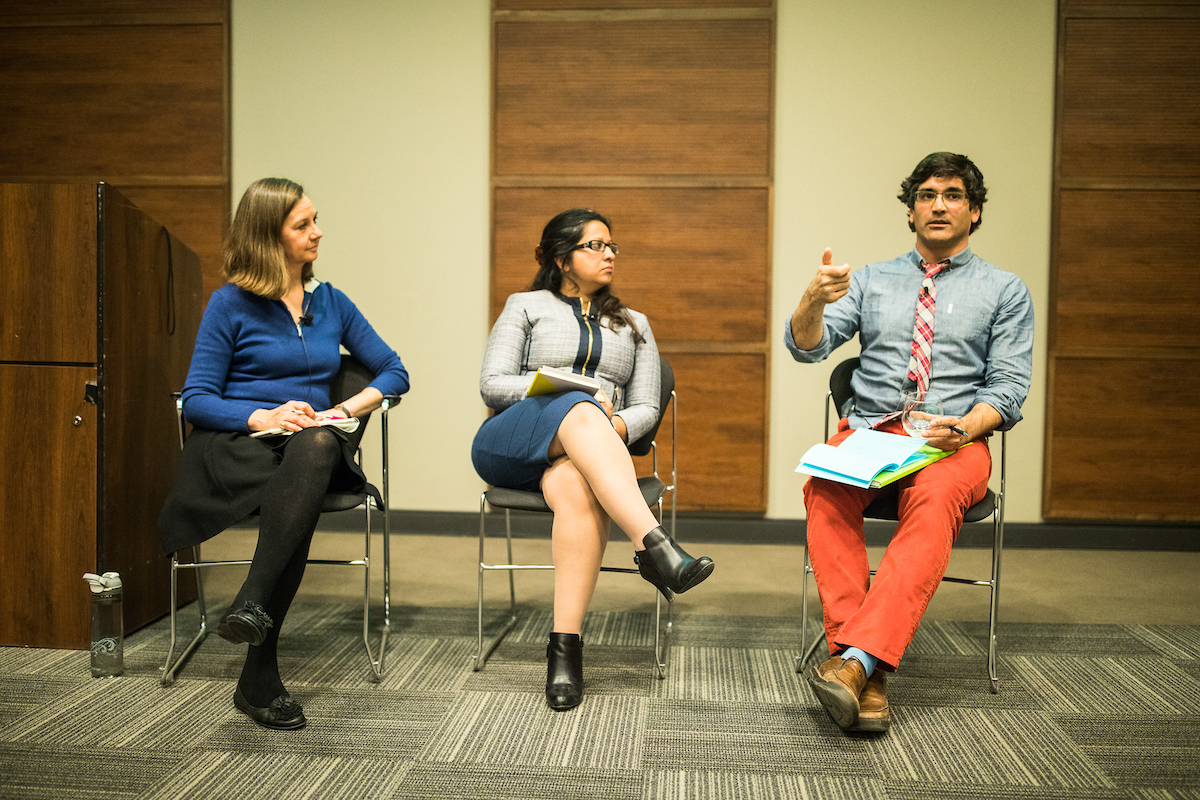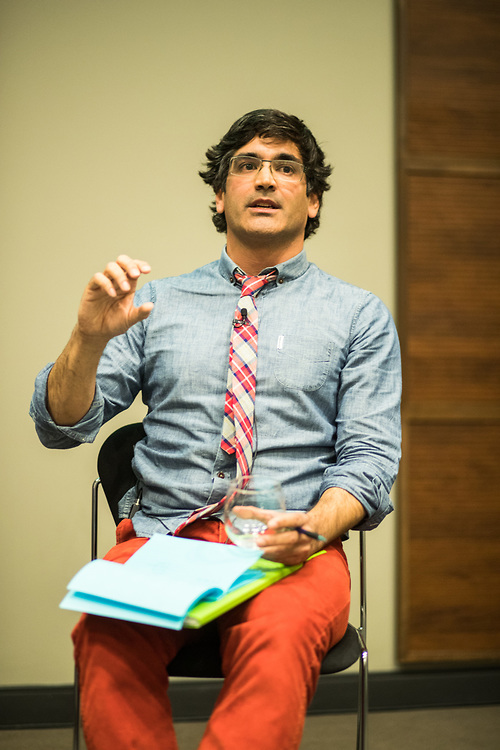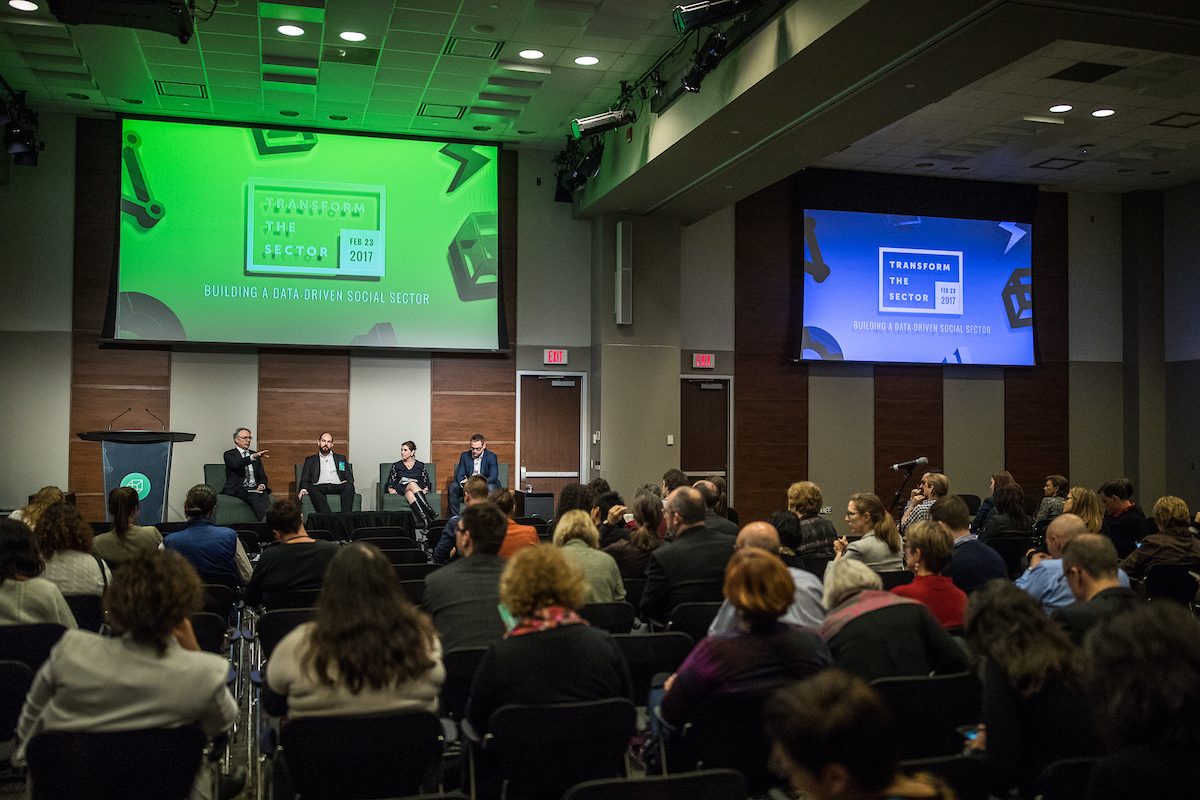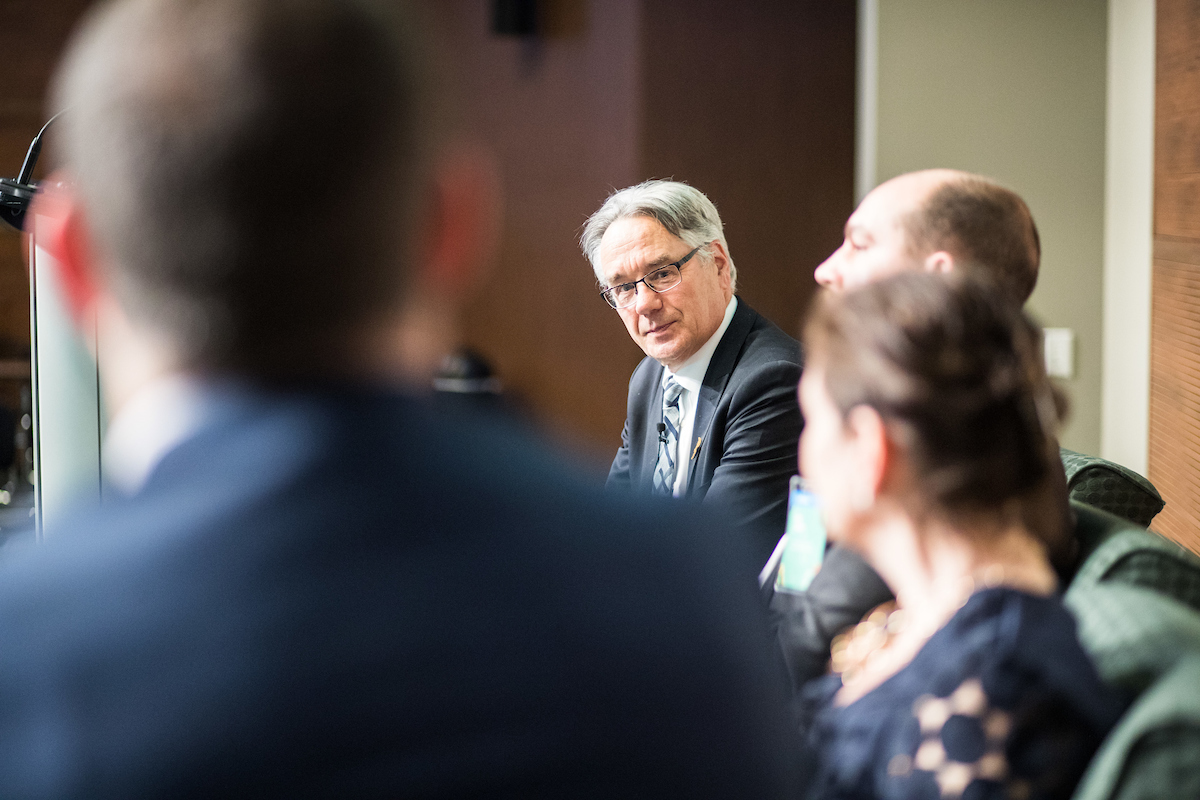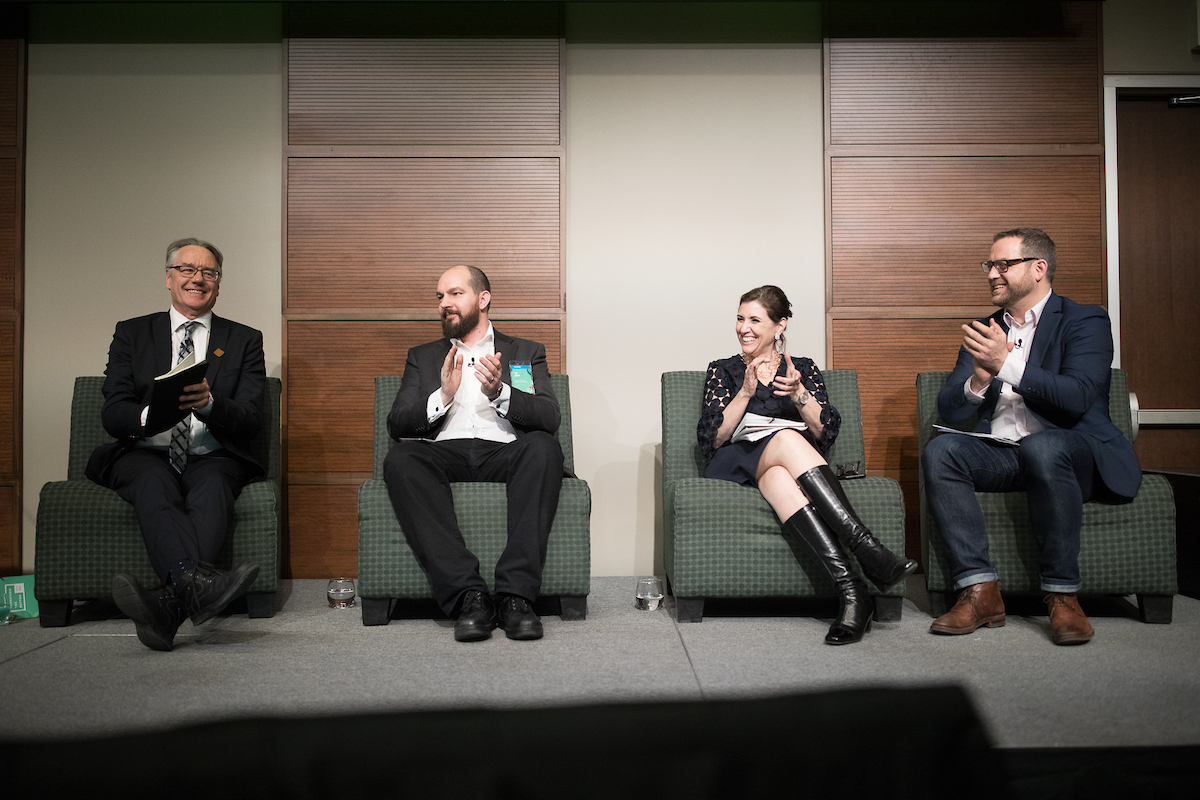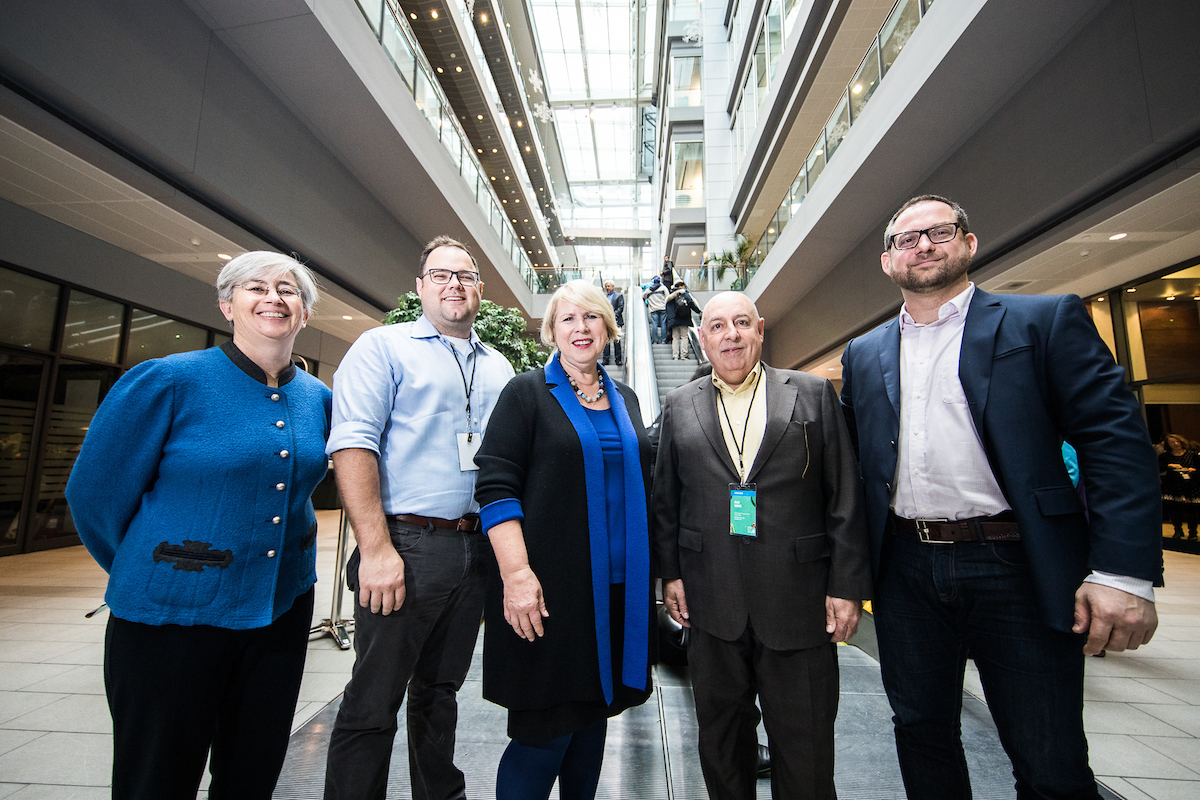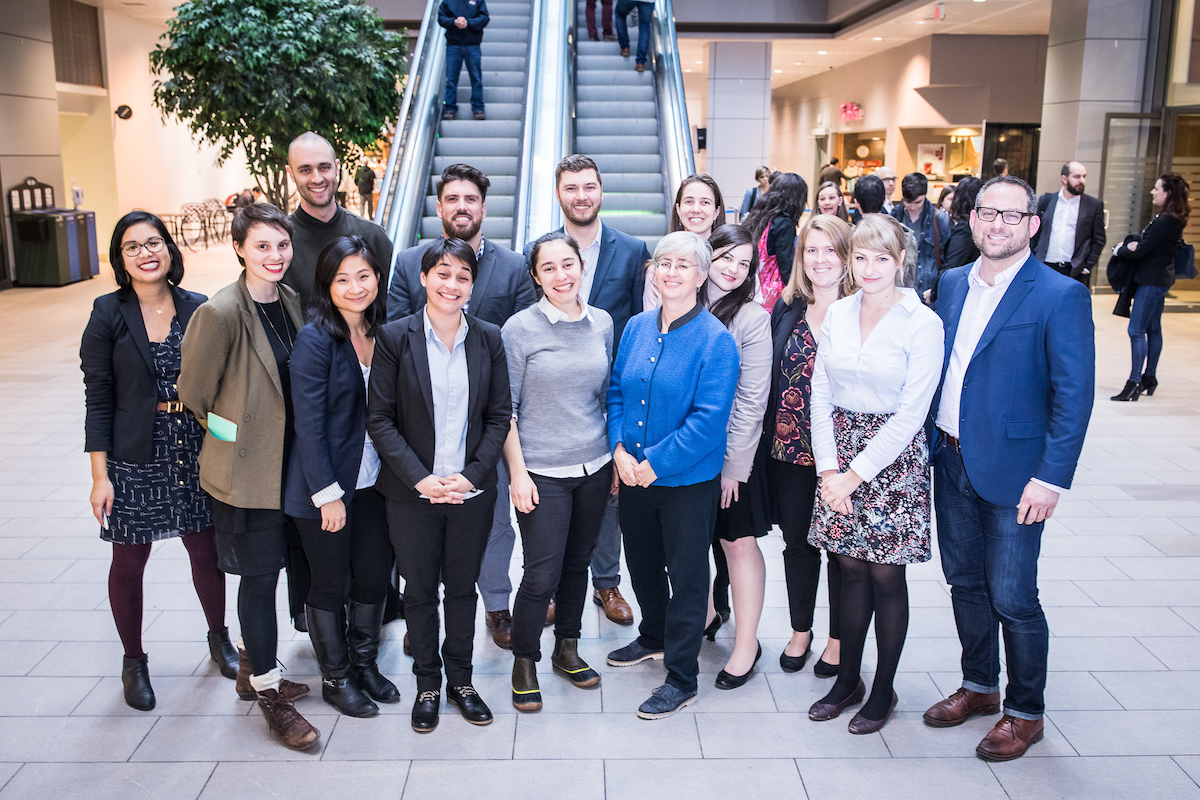Tris is part of NPC’s Senior Management Team as their Director of Innovation & Development. NPC is a UK-based charity think tank founded by former partners at Goldman Sachs. The original inspiration behind NPC was to put capital to use as effectively in philanthropy as it was being used to drive high financial returns in the the financial markets.
In 2002, NPC was launched as a charity and since then NPC has grown into a respected consultancy and think tank. NPC operates at the intersection between charities and funders. This unique position allows NPC to help both charities and funders use their resources more effectively by inspiring new thinking and by prioritising impact.
NPC’s Justice Data Lab project is one of their innovative approaches focused on impact. The Justice Data Lab works with the UK Ministry of Justice to help charities understand the impact of their work with offenders by enabling them to access re-offending data.
The main focus of Tris’ work is on NPC's Digital Transformation program. The goal is to transform the way the social sector functions by supporting the adoption of digital technologies. This means making changes to the fundamental architecture of the sector in order to make it easier for charities to integrate, collaborate, and coordinate their activities.
Powered by Data recently had the opportunity to interview Tris about his work and his two upcoming panels at Transform the Sector.
POWERED BY DATA’S INTERVIEW WITH TRIS LUMLEY
PBD: Through your Justice Data Lab initiative, your organization is a leader in the UK at making administrative data available to nonprofits. In a recent update, NPC mentions a building momentum for other data labs in the areas of health, employment, and education. Can you explain the reason for this growing momentum?
TRIS: The policy agenda continues to be supportive: there is a desire to use existing government data to benefit the social sector, and to maximise the social impact of services delivered by public, private and charity sectors. There’s a recognition that this is not just about open data. That it is possible to do more than just publish data sets and wait for someone to make use of them. The enabling and facilitating of data usage is also a key priority. I think the impact data labs model (of which the Justice Data Lab is the first example) is a great model for this – government matches and analyses the data internally, so all the charity or other service provider needs to do is supply the data set of the individuals whose outcomes are being analysed.
In the criminal justice field, policy is moving towards greater autonomy at the level of individual prisons, which potentially creates stronger incentives for better decision-making at that level, and the Justice Data Lab can help.
In other areas of government, the Justice Data Lab has shown what can be achieved, how barriers can be overcome, and how a greater range of data sets can be brought into scope over time, so other departments are benefiting from the experience of the Justice Data Lab and team behind it.
PBD: Can you share the most important benefits NPC has witnessed as a result of the unlocking of administrative data for the nonprofit sector through the Justice Data Lab?
TRIS: For the first time, organisations providing services can get efficient access to administrative data at the organisation or project level. Government already has the data - now there's an efficient way of connecting it to organisations. For organisations, under pressure to provide data on their outcomes, now they can, at zero cost. And in fact it’s not just charities – public and private sector organisations are using the Justice Data Lab to do this too.
In the future, there’s also the promise of better research – using impact data labs to conduct meta-studies, and building further research on to them. And with increasing interest in the use of linked data, with the impact data labs model it’s possible for this linking to be done by government data analysts in a way that’s safe and managed, and for external organisations still to benefit from this.
PBD: We know that your work at NPC is focused on digital transformation of the social sector in the UK. Can you give us a hint about what you will be sharing with conference attendees in regards to this work?
TRIS: At NPC, we believe that focusing on digital technology and data creates a unique opportunity for catalysing collective action in the social sector, and I’ll be sharing our initial progress on trying to make that happen through strategic initiatives at the sector level. We're developing a user-centred approach to mapping the potential for technology to create impact in ‘sectors’ like youth development and women’s empowerment, and working towards launching pooled grant funds built on this foundation. Our aim is to flip the usual flow of grant funding into tech products and services – instead of charities applying to funders to support their unique offering, we want innovation to be driven by a shared understanding based on real people’s lived experience – so the funding follows problems and solutions, not organisations and their own vested interests.
PBD: With the UK being a leader in the two areas discussed above, what are you looking forward to learning from your visit about the Canadian social sector?
TRIS: I definitely see the Canadian sector leading on open data, and thinking and practice in grant-making around this, so I am excited to learn from recent progress in this area. I’m also keen to see how the collective approaches we’re trying to push resonate in Canada, and whether there may be opportunities for partnership and collaboration where both UK and Canadian sectors can benefit from each other’s pioneering work and experience.
For more on Tris, you can read his bio here.
